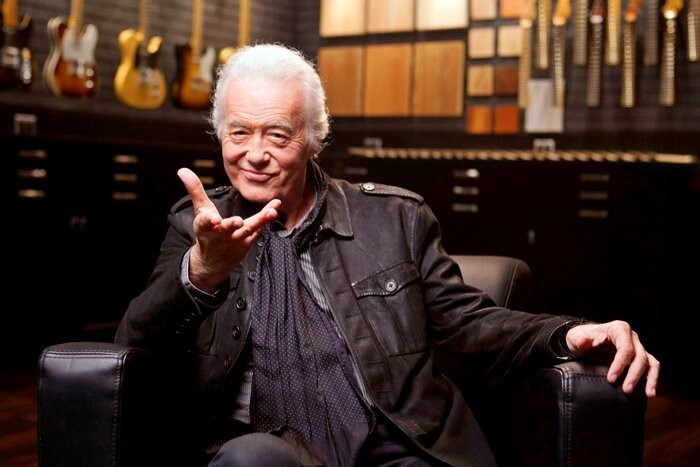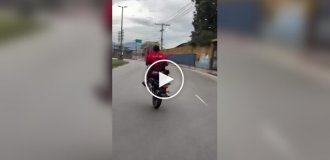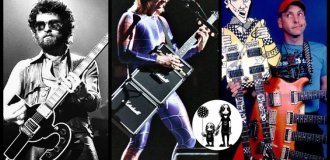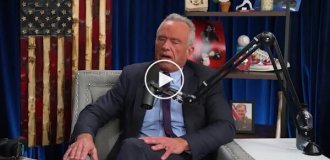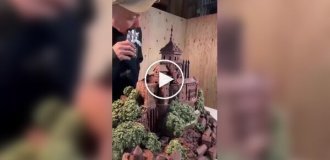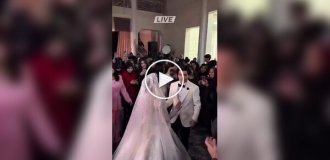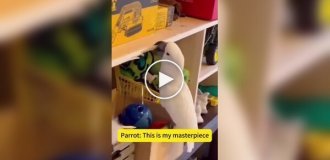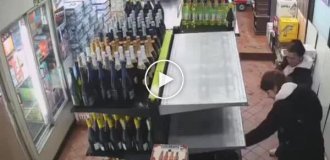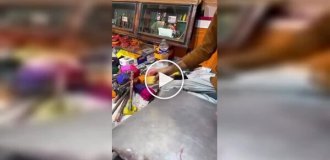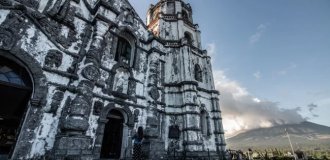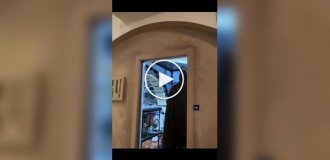Rock musician, guitarist, arranger, composer and producer James Patrick "Jimmy" Page (65 photos + 14 videos)
Jimmy Page's 80th birthday 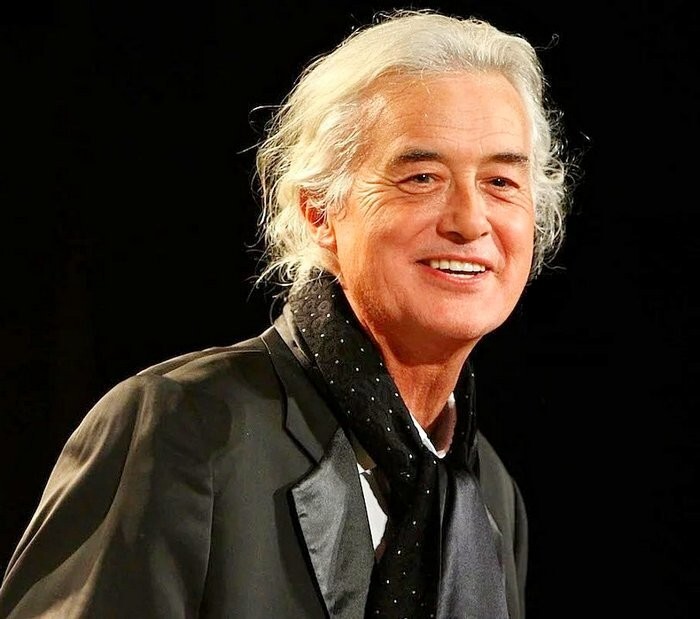
Rock musician, guitarist, arranger, composer and producer James Patrick "Jimmy" Page was born on January 9, 1944 in Heston (a suburb of London, UK), in the family of aircraft factory accountant James Patrick Page I and Patricia Elizabeth Gaffikin, a secretary in a doctor's office. in a private clinic.
After the war the family moved to Miles Road in Epsom, Surrey. There, at the age of 5, Page went to school; before that he had no friends or peers.
“This early isolation may have influenced the formation of my character. Single. Many are not able to exist on their own. It scares them. Loneliness doesn't bother me at all. It gives me a feeling of security” (from D. Page’s interview with Rolling Stone magazine, 1975). 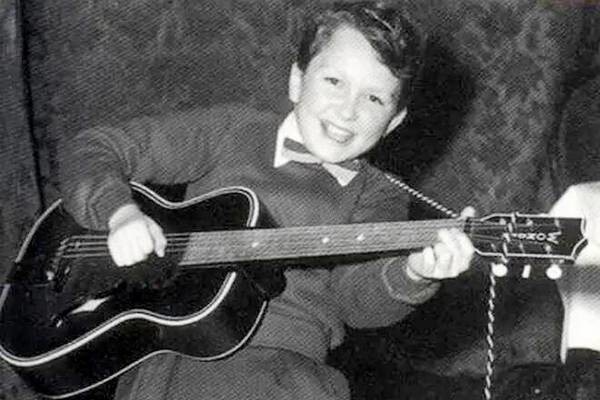
At the age of 12, Page picked up a guitar for the first time - an old Spanish acoustic found in the attic of his house. At first, the boy was not interested in the instrument, but he wanted to learn how to play it when he heard “Baby, Let’s Play House” by Elvis Presley, which immediately became his favorite song.
“Some of the plays on the record sent shivers down my spine, and I spent hours, sometimes days, trying to reproduce them. A guy at school showed me the chords and off we went,” Page recalled.
Soon the Spanish guitar was no longer suitable for him to reproduce the sounds of his idols - Chuck Berry, James Burton and others - Jimmy needed an electric guitar. To save up for it, he started delivering newspapers in the mornings before school and thus earned money for a Hoffman Senator guitar. But it was semi-acoustic, and even though it had a pickup, it still couldn’t be considered an electric guitar.
But he never parted with this guitar, practiced with it around the clock, even took it with him to school. And every morning the teachers took her away from Jimmy and locked her in a closet until classes ended. 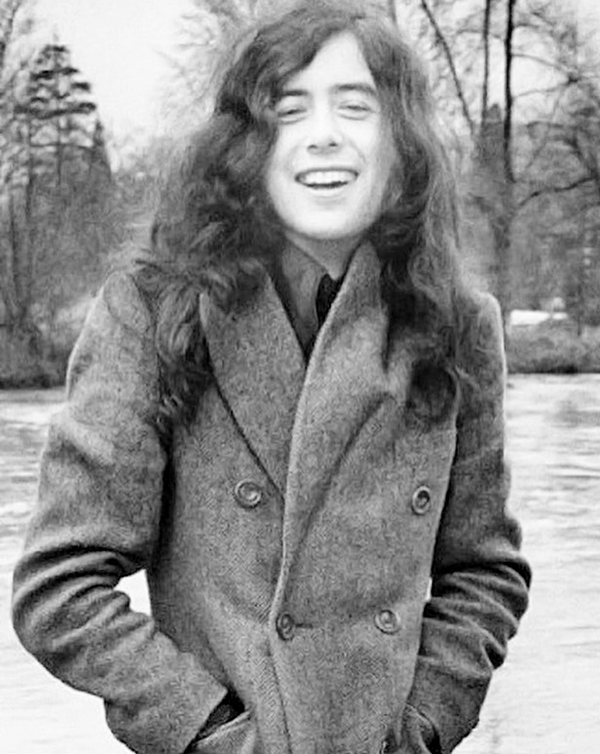
Having received the basics of playing at a music school (in neighboring Kingston), he began intensive self-education. The first guitarists who influenced his playing style were Scotty Moore and James Burton (who played with Presley). Gradually, a real musical society began to gather around the guitarist, whose members later became legends: Eric Clapton, Jeff Beck (Beck’s sister studied with Jimmy in the same class, and Jeff came to him with his homemade guitar on weekends, and they spent hours playing together and listening to records ).
His first successes date back to the same time: for example, at the age of 13, he performed in the TV program “Huw Woldon Show” on the BBC, playing covers of some country and skiffle songs with his still unnamed group.
One day in 1961, he played at a dance, warming up the audience before the performance of the main orchestra. Singer Neil Christian was in the audience and offered Jimmy a job in his orchestra, Neil Christian & The Crusaders. 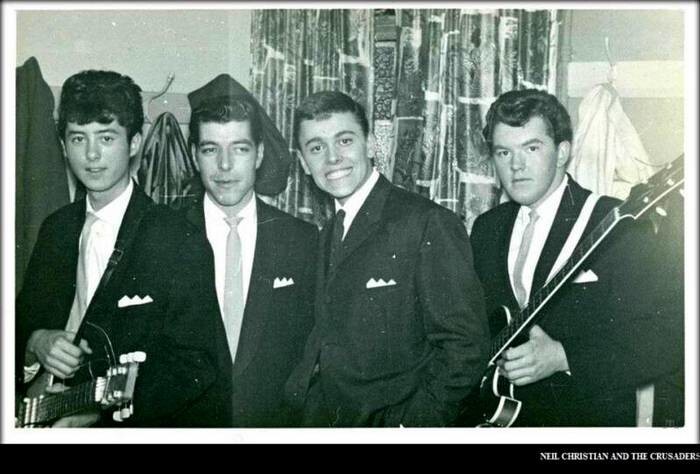
The orchestra performed black rock and roll in the style of Chuck Berry and Bo Diddley, following the purity of the style, and since this music was still little known in England, sometimes not everything was clear to the provincial audience. But in London they shone with might and main.
By this time Jimmy had acquired a huge Gretsch guitar, a Chet Atkins Country Gentleman model, had the latest amplifier and equipment, and was one of the first guitarists in London to use a foot-wah pedal. And if an ordinary worker in England then received an average of £10 a week, then Jimmy, while still a high school student, earned as much as 20! 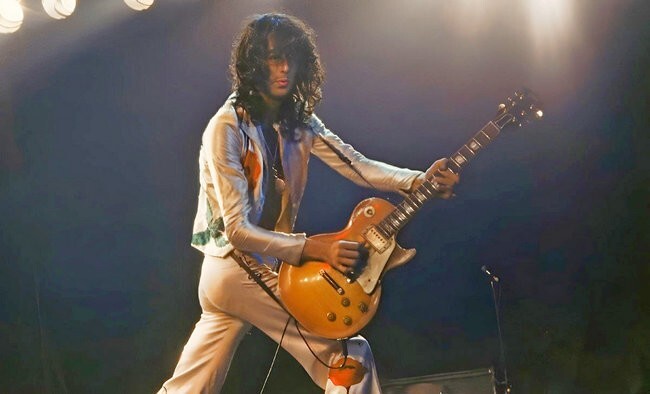
The Crusaders received engagements throughout the south of England, traveling to long-distance performances in their minibus. Sometimes we had to travel for several hours, snacking on whatever we could on the go, and returning from concerts long after midnight. At his performances, Jimmy was the main spectacle, he made all sorts of pretzels at the price, arched his head so that his head almost touched the floor, in short, he performed all the rock and roll choreography of that time. The reaction of eyewitnesses who saw the guitarist on stage in his early years was dumbfounded, if not shock: smaller than the guitar itself, all consisting of arms and legs, thin as matches, Jimmy gave the impression of a “glass man” who was about to break with a crash right on stage. 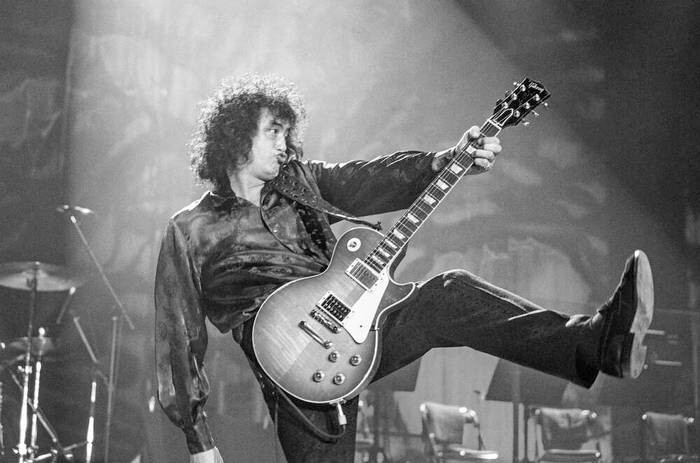
One day at a gig in Sheffield, Page went for a walk and passed out. Doctors diagnosed him with extreme fatigue, complicated by pneumonia. He spent almost 2 months in bed. Jimmy had to part with the orchestra. Leaving music for a while, he entered art college, where he studied for 1.5 years - until the summer of 1963. Despite serious intentions to become an artist, the music was still overwhelming, and Page, leaving behind his palette and brushes, began a career as a session musician, gaining experience and honing his skills. 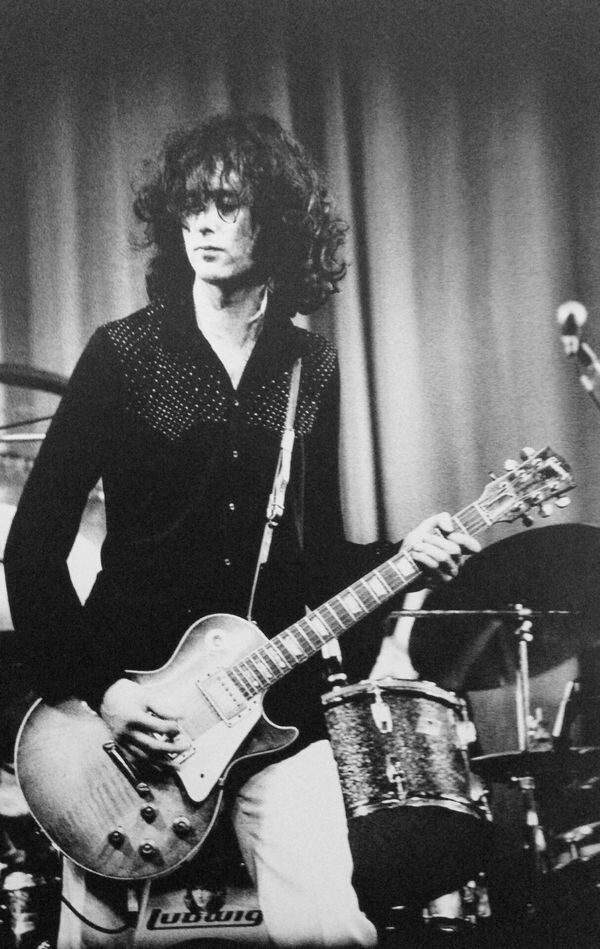
Bands Jimmy recorded with at the time included David Bowie and the Davis Brothers' Kinks. Moreover, according to one version, it was he who recorded the guitar parts for The Kinks songs “You Really Got Me” and “All Day and All of the Night,” which allowed Guitar World magazine to state: “...if Jimmy Page really played "You Really Got Me" riff, then that means he invented heavy metal at that moment." According to another version, this is all a myth, and that this statement was refuted not only by the Davises, but also by Page himself. Meanwhile, both producer Shel Talmy and Jon Lord (later Deep Purple) confirm Page's participation in the recording: however, one claims that the guitarist played the rhythm guitar part, and the second that he played a solo. 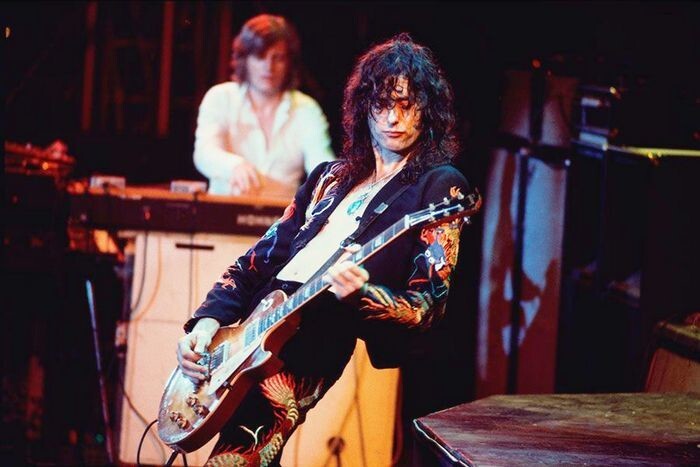
In February 1965, Page's first solo single, "She Just Satisfies"/"Keep Moving", was released. 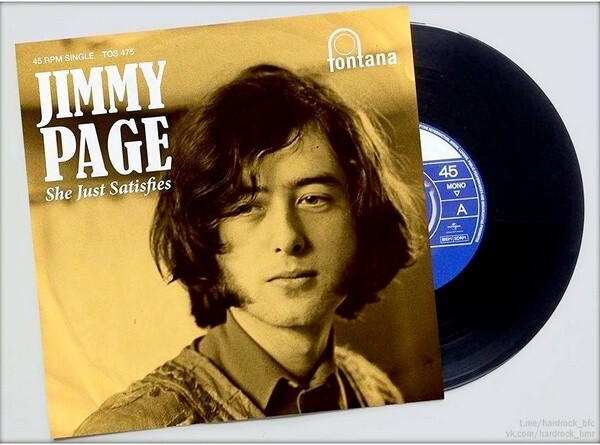
That same year, Jimmy took a decisive step: he returned to the stage as a bass guitarist for The Yardbirds, where his old friend Beck was then the lead guitarist. Over the years, the core of the band was Paul Samwell-Smith (bass), Keith Relf (vocals, harmonica), Jim McCarthy (drums) and Chris Dreja (rhythm and bass). The fifth member of the group changed often, and at this place the careers of the 3 most famous rock guitarists began: Eric Clapton, Beck and, in fact, Page, with whom Jeff shared the place of lead guitarist a year later. This period lasted, however, not for long and was almost not reflected in the records. One of the few examples is the composition “Stroll On”, recorded at the end of 1966, and for the film “Blow Up” by Michelangelo Antonioni. Initially, the director wanted to invite The Who, but for some reason they couldn’t or didn’t want to. 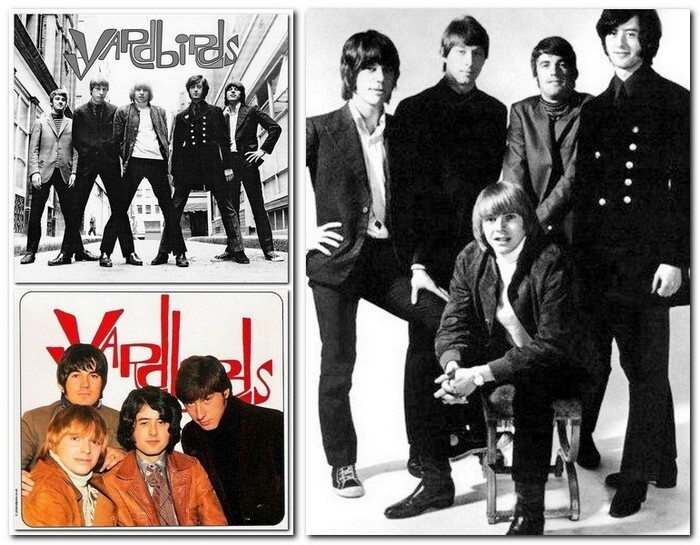
As a result, Beck left the team, leaving it in the care of Jimmy. However, in 1968, the group broke up, and Page and manager Peter Grant retained the rights to its name.
And in order to fulfill his remaining concert obligations, the musician (on Grant’s urgent advice) took up the formation of a new line-up: at that moment, bass guitarist and keyboard player John Paul Jones, whom he met during studio work, in particular on the album, offered his services Donovan. The line-up, completed by vocalist Robert Plant and drummer John "Bonzo" Bonham (recommended by Plant), toured Scandinavia under the name The New Yardbirds, but then changed the name to Led Zeppelin (during one of the recordings, The Who's bassist appeared in the studio John Entwistle, it was then, presumably from his lips, that the phrase “lead zeppelin” - “lead airship”) sounded. 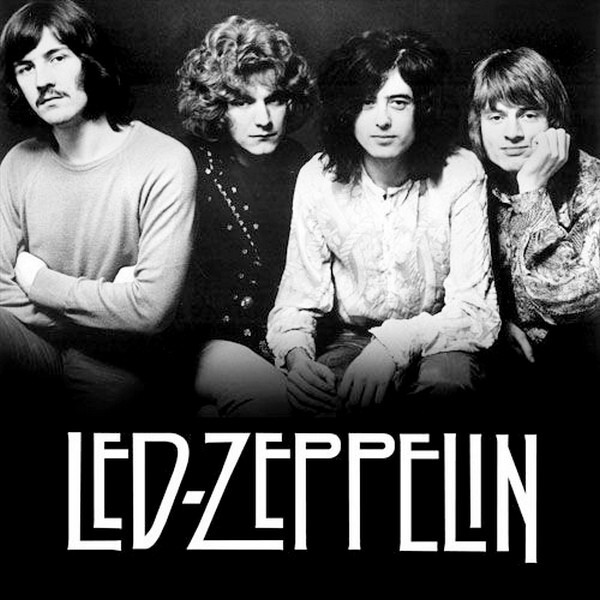
Then, thanks to the reputation of Page, whose work the executives of the American company Atlantic Records had been following since 1964, when he first visited New York and met the director and other key figures of the label, she signed a contract with the group.
Page transferred all the ideas that could not be realized in the Yardbirds to Led Zeppelin, creating a unique style of the group in which each of its members was able to realize their strengths. Almost every track of the group’s first 4 albums is considered a guitar classic (guitarist of the American punk band Ramones Johnny Ramone said that he built his style on the basis of one riff - “Communication Breakdown”; by his own admission, it had the same meaning for Eddie Van Halen's "Heartbreaker" from their 2nd album). Jimmy's solo on "Stairway to Heaven" topped Guitar World and Total Guitar magazines' lists of the best guitar solos. And Creem magazine recognized him as the best guitarist in the world for 5 years in a row. 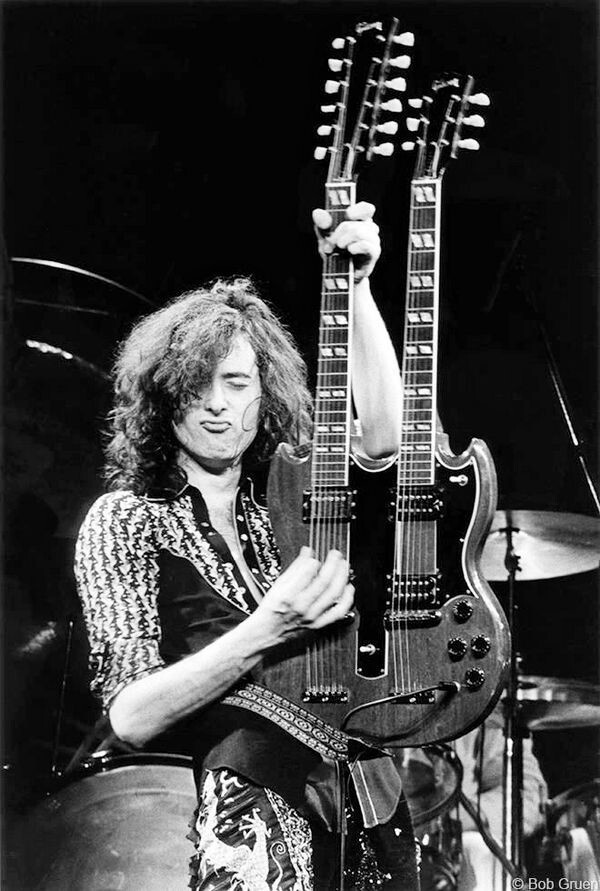
One day, after he left the Yardbirds, Clapton stopped by Jimmy’s studio. The friends recorded a whole seriesd compositions that a few years later would be released on the album An Anthology Of British Blues. Unfortunately, these records were then sold for many years, and, naturally, Clapton and the other participants in these recordings were terribly angry with Page, believing that he had sold their rehearsal tapes without any permission. Although, the “fault” in this was only the producers. Clap was especially angry; he could not forgive his friend for such unscrupulousness, and for several years he did not even talk to him. 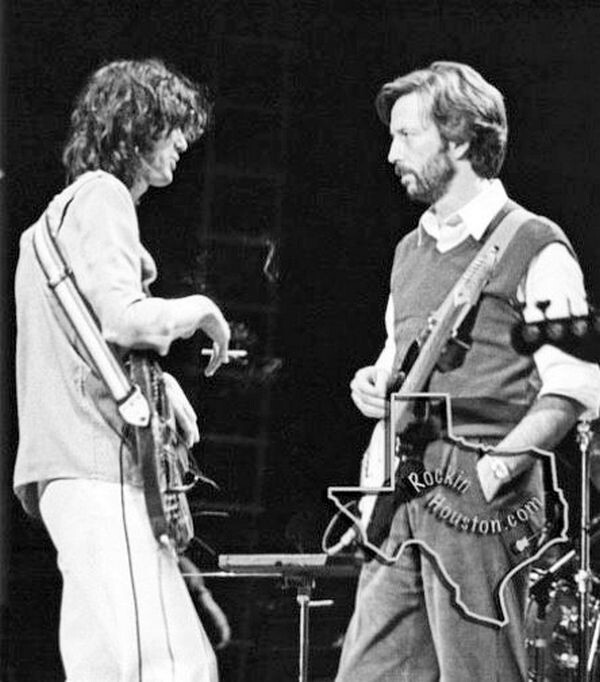
Jimmy Page and Eric Clapton
And constantly experimenting with sound, Page the producer made several discoveries in the studio and used many effects for the first time in the history of sound recording.
“With The Yardbirds, Mickie Most was constantly making us record some really terrible stuff. Every time I said: “Okay, just try it: if you don’t like it, we won’t release it” - and, of course, these records were always released. And then one day we were recording “Ten Little Indians” - a stupid song with a terribly arranged brass section. It all sounded disgusting. Desperate to somehow salvage the recording, I suggested: “Turn the tape over and record the echo of brass instruments on the free track. Then turn the film over to its original position - the echo will precede the signal." It turned out interesting: there was a feeling that the song was sounding backwards.
Later, when we were recording “You Shook Me,” I asked engineer Glyn Johns to use a leading echo at the end. “Jimmy, this can’t be done,” he said. "Maybe! I’ve already done this!” I say. He became stubborn, and I simply ordered: they say, I’m a producer here, do what I say. Reluctantly, he did everything he needed to do, but as we finished mixing, he refused to raise the fader so I could hear the result. I had to yell at him: “Raise that damn fader now!” The effect worked. Glina had no face. He simply could not accept the fact that someone knew something that he himself did not know, especially if it was one of the musicians. Inflated goat!
The most interesting thing is that after this Glyn recorded the Rolling Stones album, and what did we hear there? Advancing echo! I have no doubt that he attributed the entire authorship of this effect to himself” (from an interview with Guitar World magazine). 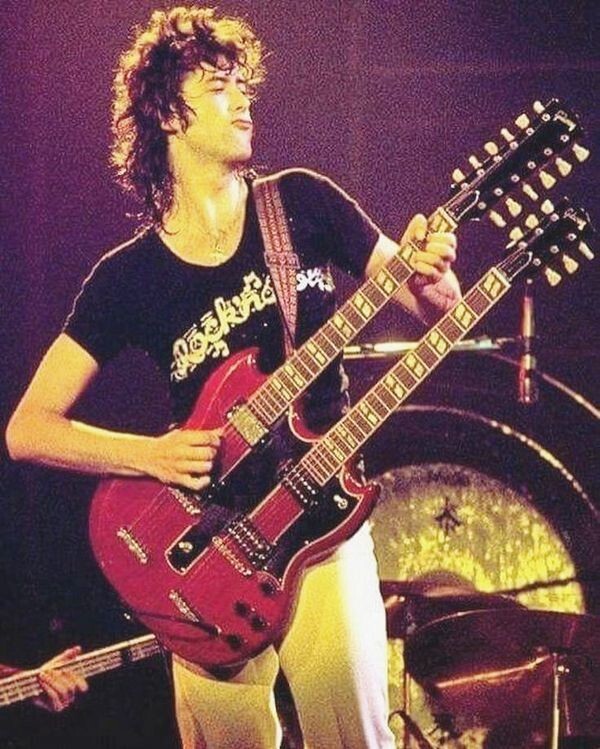
Therefore, to work on LZ albums, Jimmy deliberately changed sound engineers so that they would not have a reason to later claim that they created the sound of the group.
While working on LZ's debut album, Page used a 1958 Telecaster and a Fender 800 10-string pedal steel guitar. And from the 2nd album onwards, his main instrument became a Gibson Les Paul with a set of Marshall amplifiers. But later, the guitarist returned to the Fender more than once - in particular, he played the solo in “Stairway to Heaven” on it. For the slide guitar parts, Page used a vintage-style Danelectro DC-59. Some of the effects he used in the studio included a Vox AC30 guitar amp, a Sola Sound Tone Bender Professional MKII fuzz box, a theremin, and a wah-wah pedal (he used the latter differently than Jimi Hendrix did). and other contemporaries, but in their own way: each time pressing it to the lowest position to obtain a more “pointed” sound). 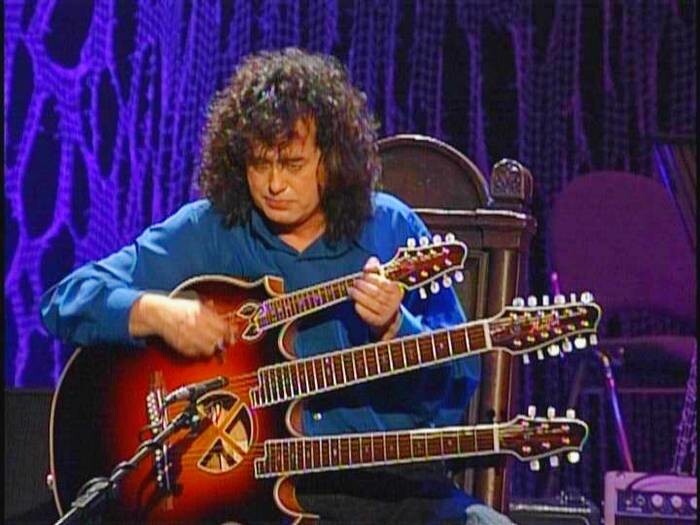
The bowed guitar technique Page used in “Dazed and Confused” and “How Many More Times,” which he mastered as a session player, also created a sensation. Before him, The Creation guitarist Eddie Phillips played this way, but Jimmy said that he adopted this technique from another musician, Scottish session solo violinist David McCallum Sr. Page's bow work on "Dazed and Confused" was once again enhanced by the echo effect. 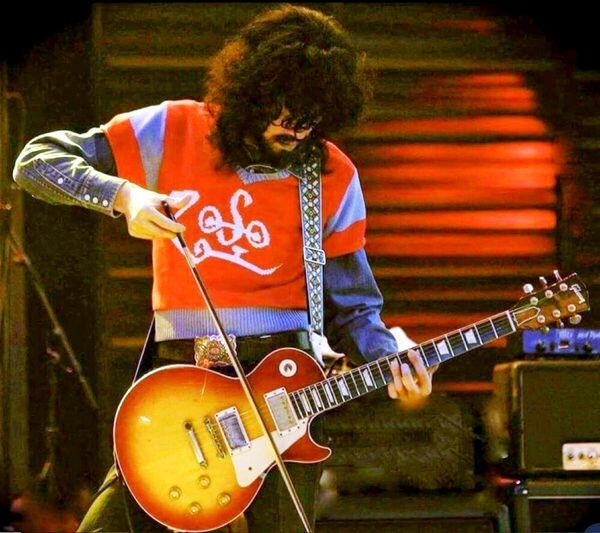
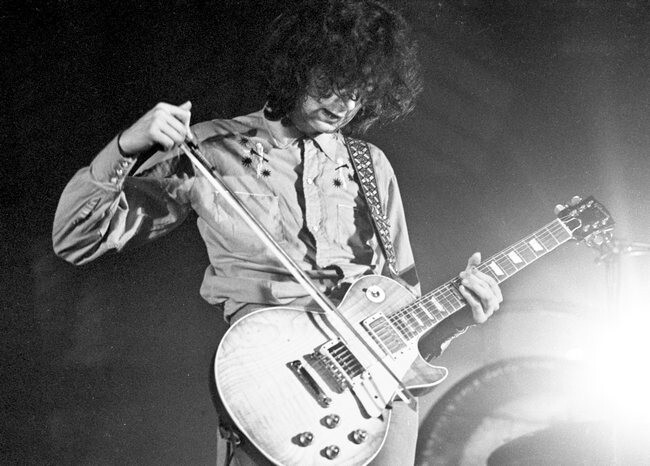
Jimmy also always carried a portable cassette player with him, on which he recorded ideas that came to him: it was thanks to the habit of listening to old riffs and forming new combinations from them that such things as “The Song Remains The Same” and “Stairway to Heaven."
Page called the album “Houses of the Holy” (1973) one of his “dense” production works, and “Physical Graffiti” (1975), on the contrary, was almost improvised in this sense: Jimmy made a conscious decision to abandon the “polished” sound . And spontaneous recordings appeared, for example, the song “In My Time of Dying”. Page said it was the band's most personal album, likeinviting the listener into the inner world of her musicians. 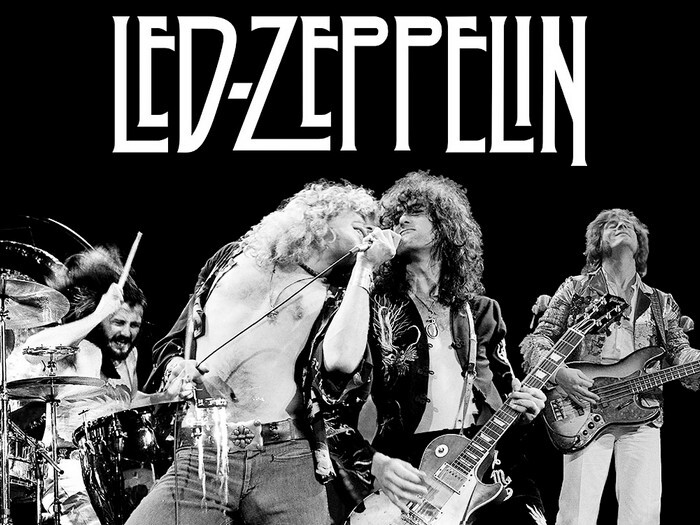
The musicians' visit to Morocco was largely decisive for the sound of the later LZ. Page came up with the idea after a discussion with William Burroughs at Crawdaddy! — in particular, when it came to the hypnotic side of rock and its parallels with Arab culture. Burroughs advised the guitarist to go to Morocco and directly explore this musical culture there.
And Jimmy called “Presence” (1976) his favorite album, “perhaps because it was recorded under almost impossible circumstances”: Plant at that moment was in a cast after a car accident, it was unknown whether he would be able to walk at all, and the future group was in doubt. “This is a reflection of the peak of our emotions. There are no acoustic songs, nothing keyboard, nothing soft,” Page said. In addition, the group was under time pressure: the album was made in 18 days and on average the musicians worked 18-20 hours a day. 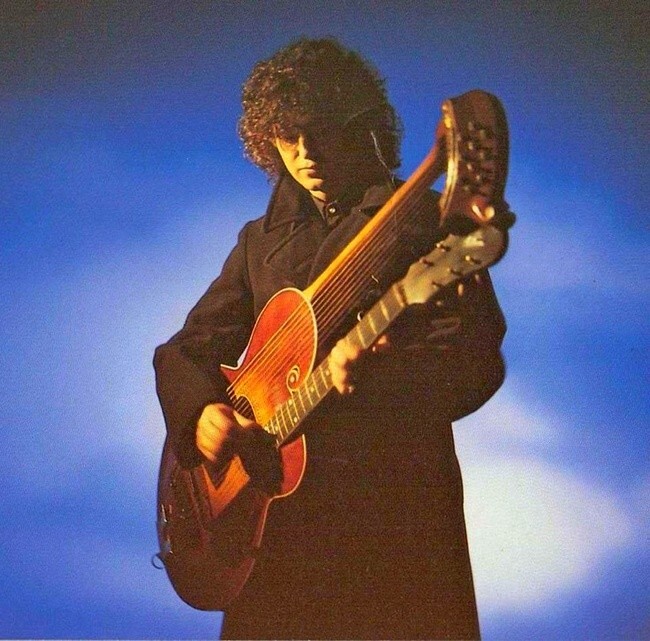
“It was especially grueling because no one else was bringing in song ideas. I had to come up with all these riffs: that's why "Presence" is so guitar-heavy. But I don't blame anyone. We were all despondent... The circumstances were such that I felt that if things dragged on, a negative, destructive element might creep in. This rush allowed us to create an interesting album. The lyrics to “Tea For One” summed up our mood perfectly. As soon as the band finished recording, engineer Keith Harwood and I would start mixing until we collapsed and fell asleep. Then the one who woke up first woke up the second one and we continued working until we passed out again” (from an interview with Guitar World, 1993).
The guitarist said that he could have asked the recording company for more time to work, but... “I didn’t want everything to drag on forever.” 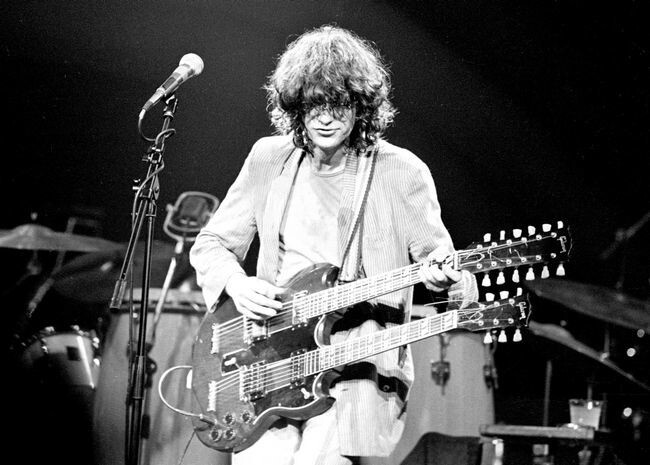
Page has always spoken enthusiastically about Bonham's working technique, but the special, “thunderous” sound on the drum disk is precisely his merit as a producer.
“While still playing in studio sessions, I noticed that the sound engineers always put the bass drum microphone towards the head section. The drummer could try his best after that, but it would still sound like he was pounding on a cardboard box. I found that if I moved the mics further away from the setup, the sound seemed to have room to breathe, as if it were expanding. I continued to explore and expand the possibilities of this approach until we started throwing microphones into the corridors, which is how the sound of “When The Levee Breaks” came аbout: as a result of finding space to extract the most winning sound from the drums” (from an interview "Guitar World", 1993). 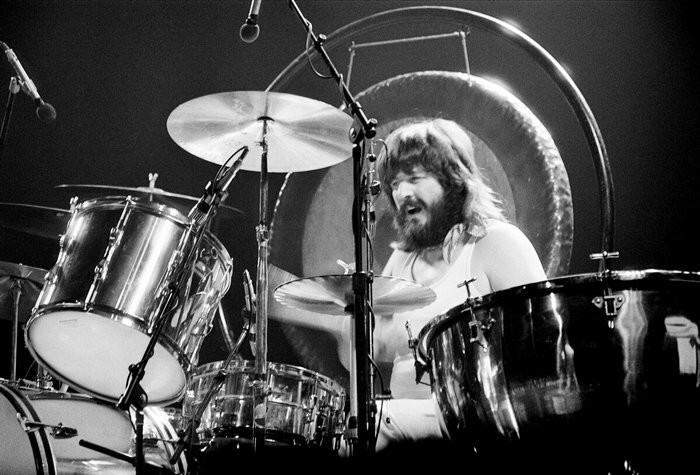
John Bonham
Page denied suggestions that the musicians' enthusiasm had begun to wane by the time the 1979 album In Through the Out Door was released. He said he and Bonzo had already begun discussing the heavier, rockier album that would follow: “We both felt that In Through the Out Door was a little bland. I didn't like "All of My Love" at all. There was something wrong with the refrain. Imagining the reaction of the audience, I told myself: this is not us, this is not us... For its time it was not bad, but I did not want to continue this direction in the future.” 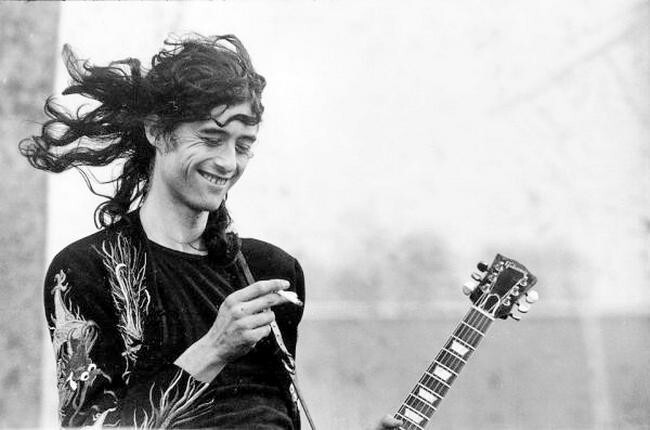
And in the early 1970s. Jimmy acquired the London occult literature publishing house The Equinox Booksellers and Publishers, located on Kensington High Street. The fact that the owner took his own mission seriously is evidenced by the fact that a facsimile edition of the book by the English occultist, “a prominent ideologist of occultism and Satanism of the 20th century” Aleister Crowley “The Goetia” was reissued here in a camel skin dust jacket, repeating the cover of the original. 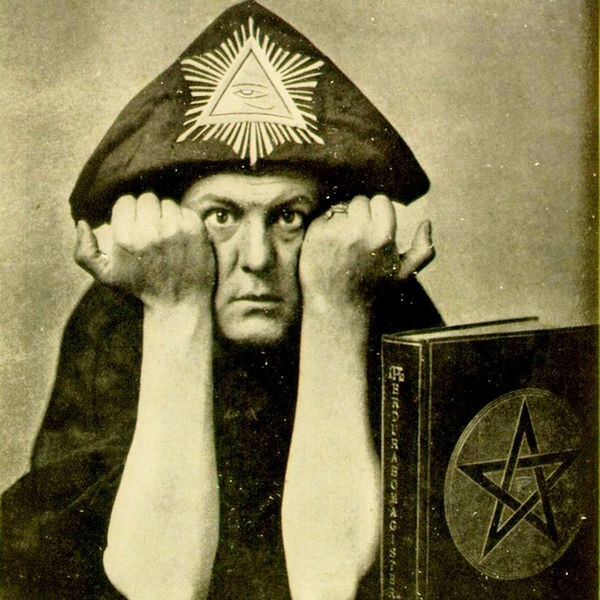
Aleister Crowley
And the appearance of 4 Kabbalistic symbols on the cover of the 4th LZ album was also associated with the occult aspirations of the guitarist. It is generally accepted that each of them symbolizes one of the group members. Plant, Jones and Bonham explained on the band's Wiki page: "Jones chose a symbol from German type designer Rudolf Koch's Book of Signs, which is a circle intersecting 3 vesica pisces (triquetras). It is intended to symbolize a personconveying both confidence and competence. Bonham's symbol - 3 intersecting (Borromean) rings - was chosen from the same book. It represents the triad of mother, father and child, but inverted it is also the logo of Ballantine beer. Plant's symbol - a feather in a circle - was his own design, based on the sign of the supposed civilization of Mu. 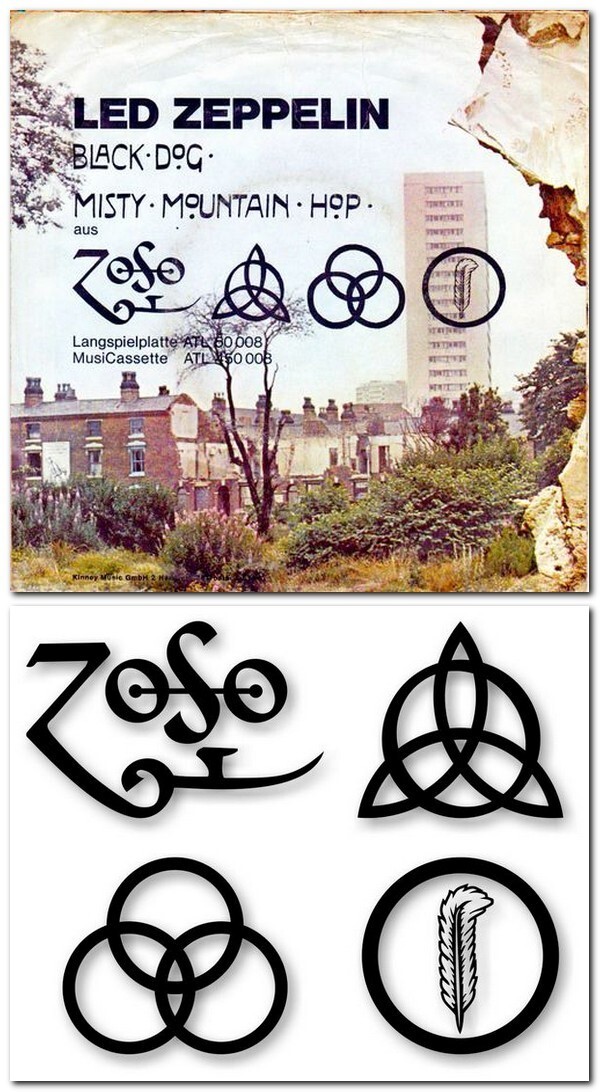
And Page, during the tour after the release of the album “IV”, began to appear on stage in the so-called “Dragon suit”, which depicted the zodiac signs Capricorn, Scorpio and Cancer, along with his personal symbol “ZoSo”. Jimmy borrowed it from the book of the alchemist J. Cardan “Ars Magica Arteficii” (1557), who interpreted this image as a zodiac collage of 2 sigils (symbols with magical powers): “Z”, meaning “Capricorn”, and “oso”, denoting "Saturn", which relates to the astrology of the musician's birth date. But there is also an opinion (reflected, in particular, in the book of the British art critic Fred Gettings “Dictionary of Occult, Hermetic and Alchemical Sigils”/ Dictionary of Occult, Hermetic and Alchemical Sigils, 1982) that this is a stylization of “666” used by Crowley in the treatise “ The Blue Equinox (1919). 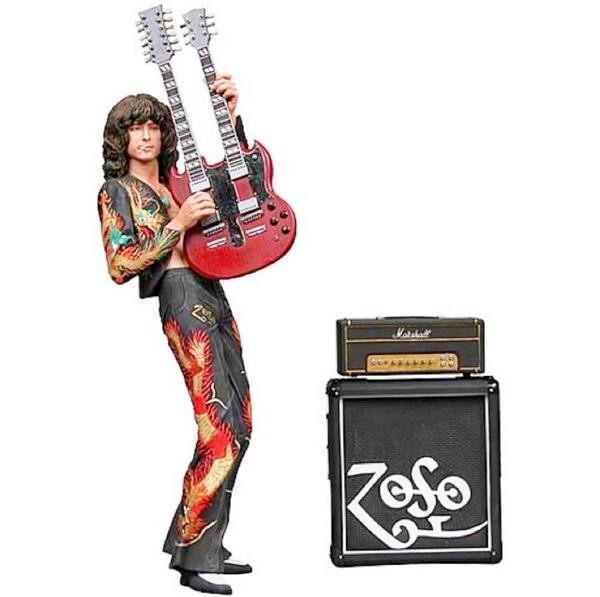
Many people associate Page’s passion for the occult with the cover design of “IV,” which was based on a reproduction of a painting by artist Barrington Colby, based on the images of the Hermit Tarot card. The source of rumors was also the emblem of “Swan Song Records” (a label launched by LZ in May 1974), the image of which repeated the plot of the artist William Rimmer’s painting “Evening: Fall of Day” (1869), depicting the god of light and reason Apollo (and in in other interpretations - Icarus, and even Lucifer). 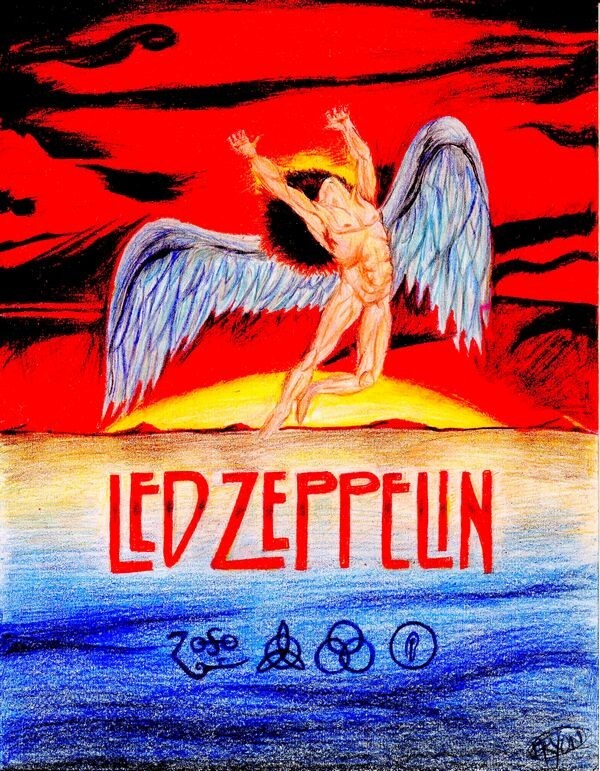
And during hearings held in the 1980s. The PMRC/Parents Music Resource Center, created by the wife of then-Tennessee Senator Tipper Gore, the wife of Washington City Council Chairwoman Sally Nevius, and the wife of Washington realtor Pam Hower, "to limit children's access to music that promotes violence, sex and drugs" has surfaced accusations against “Stairway to Heaven”, the lyrics of which allegedly contain “backwards masking” (so-called “backwards masking”). But the initiators of the discussion did not come to a clear conclusion.
Page’s collaboration with film director (and also Crowley’s admirer) Kenneth Anger, who commissioned him to provide the soundtrack for his film Lucifer Rising (1980), also ended in scandal. The fact that instead of a full-length soundtrack, Jimmy produced only “23 minutes of electronic hum” over 3 years of work (the music was created on a guitar passed through a synthesizer) outraged Anger, and he attacked the guitarist with reproaches. Among other things, he accused Page of profaning Satanism and preferring the “white lady” (cocaine) too much to Lucifer. Page issued denials, pointing out, in particular, that he allowed Anger to film parts of the film in the basement of his London Tower House. This unfinished work by Jimmy was released on vinyl by Boleskine House Records in June 1987. It is generally accepted that the instrumental introduction to the track “In the Evening” was subsequently transferred from here. 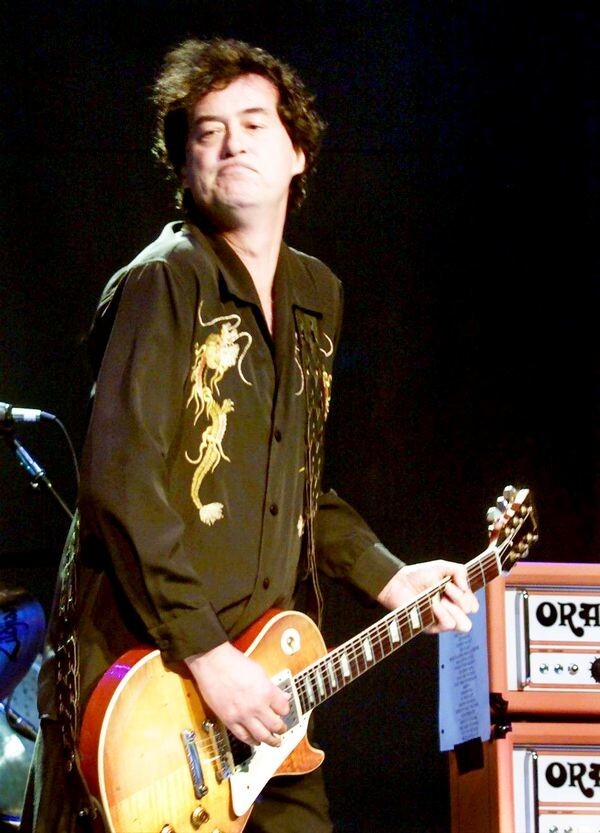
It seems that Page liked the very involvement in some dark secrets inaccessible to mere mortals. Hence the mystical aura with which he surrounded his life. “I lived by it, that’s all,” he said. “This was my life - a fusion of music and magic.” 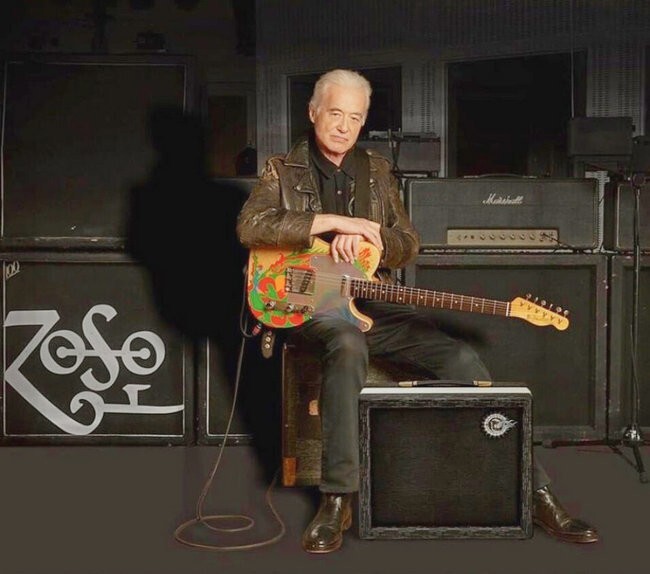
Despite the fact that the musician was an avid collector of Crowley's books, he never called himself a Thelemite and was not a member of the O.T.O. (international occult-religious organization Order of the Eastern Templars/Ordo Templi Orientis) and distanced itself from the occult. And he sold The Equinox bookstore, as well as the Bolskin House mansion, in the 1980s, after he started a strong family and devoted himself to charitable work. 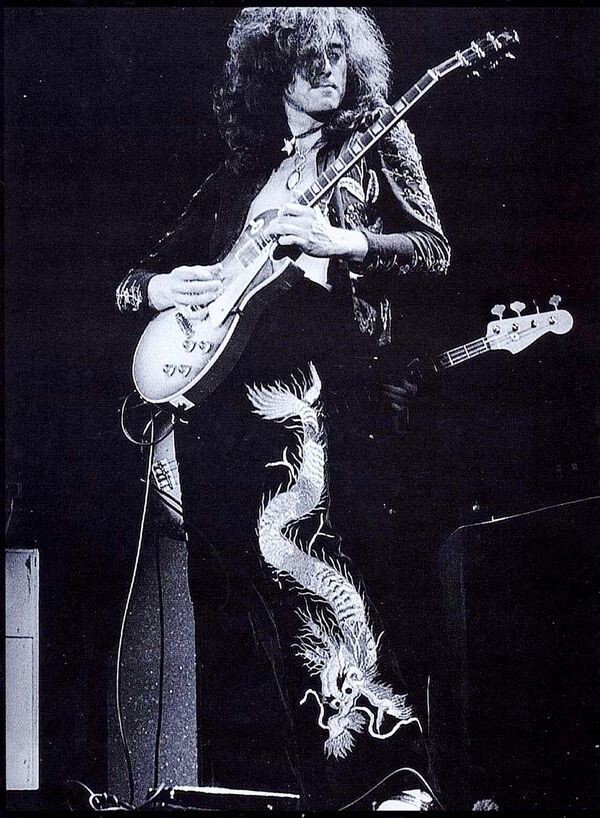
Jimmy pursued a solo career and began performing with various performers at numerous charity events following Bonzo's death from an alcohol overdose in 1980. In March 1981, Page gave a concert with Beck at the Hammersmith Odeon, after which he held a series of concerts in support of the A.R.M.S./Action Research fundr Multiple Sclerosis (a foundation supporting patients with active forms of multiple sclerosis) - after it became known about the disease of Ronnie Lane from The Small Faces. Recorded with the participation of Steve Winwood, Beck and Clapton, 2 of Page's compositions were included in the soundtrack to the American-Canadian film Death Wish II (dir. Michael Winner, 1982). 3 years later, the 3rd film in the series was released with music written and recorded by the guitarist. 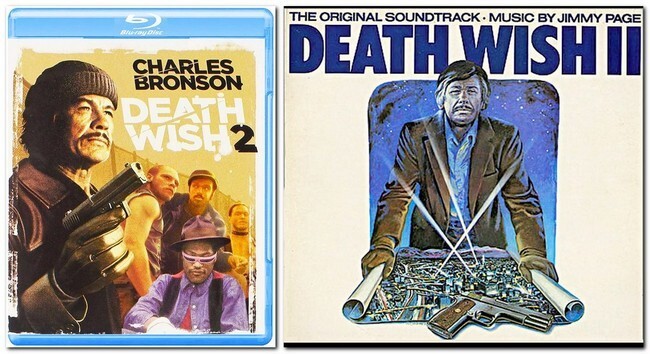
At the Madison Square Garden concert, Page was joined by vocalist Paul Rodgers, with whom he later formed the band The Firm. Jimmy, according to eyewitnesses, looked extremely exhausted, because shortly before, after a 7-year addiction, he had completely gotten rid of his addiction to heroin. 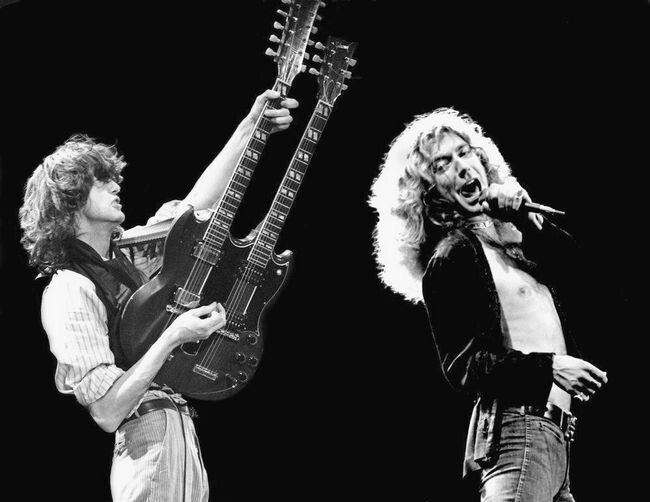
In 1981, Page, bassist Chris Squire and drummer Alan White (both ex-Yes) formed the supergroup XYZ (the acronym stood for "ex-Yes & Zeppelin"). But after several rehearsals, the musicians decided to abandon further collaboration, although some of their recordings were released as bootlegs, from which it is clear that some of the material was later included in the repertoire of The Firm (“Fortune Hunter”), as well as Yes (“Mind Drive”, "Can You Imagine?"). 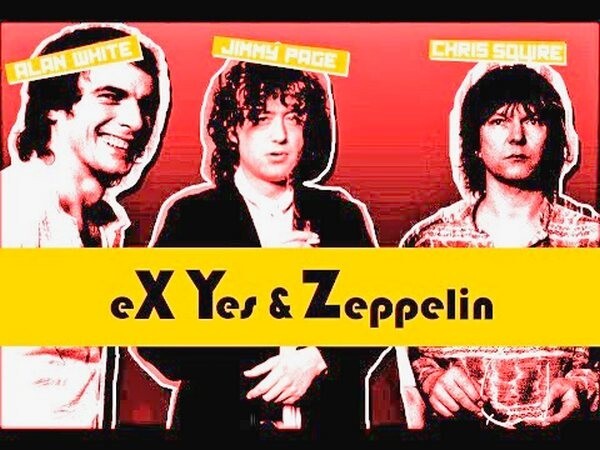
The last official LZ album was “Coda” (1982), a collection of unreleased songs by the group with new parts written by Page. However, he came out quiet and unremarkable by the band's standards.
In 1984, Jimmy played at a Yes concert in Dortmund (Germany) on the song “I’m Down.”
Also, with English folk rock singer and guitarist Roy Harper, Page recorded the album “Whatever Happened to Jugula?” and gave several concerts - mainly at small folk festivals, under the pseudonyms "The MacGregors" and "Themselves". 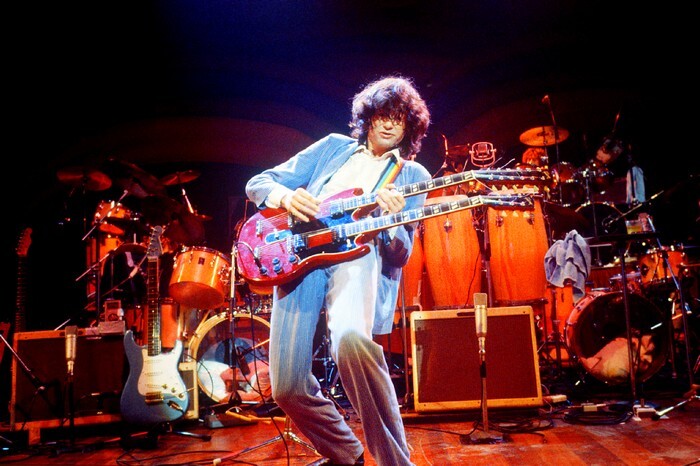
In the same year, the guitarist resumed collaboration with former colleagues: with Plant he formed the short-term project The Honeydrippers (releasing an album of the same name), with Jones he created the soundtrack for the film “Scream for Help” (dir. M. Winner, 1984 ).
Also in 1984, with vocalist Paul Rodgers (ex-Bad Company, Free), drummer Chris Slade (ex-Manfred Mann's Earth Band and Uriah Heep) and bassist Tony Franklin, Page formed The Firm, a group that recorded only 2 albums: " The Firm" (1985) and "Mean Business" (1986). 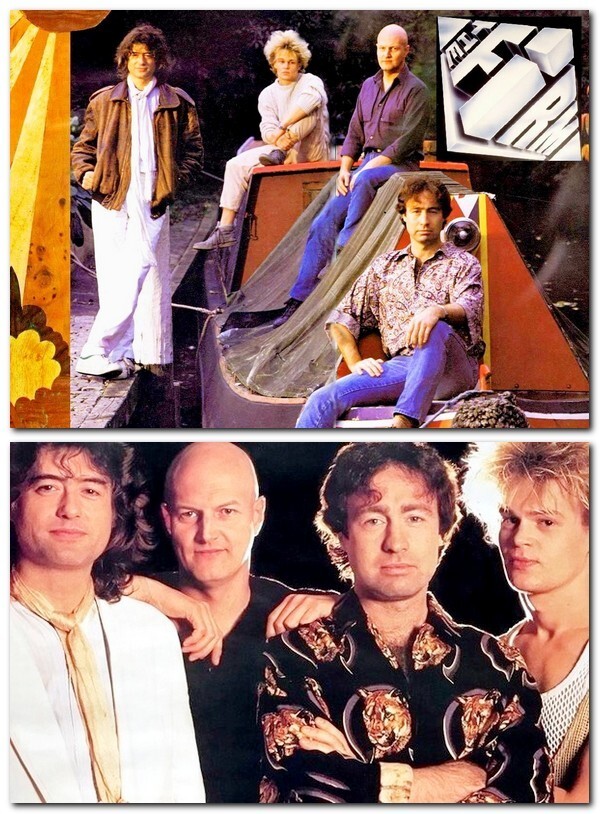
Among those with whom Jimmy collaborated in the mid-1980s were: folk songwriter Graham Nash (The Hollies and Crosby, Stills, Nash & Young), vocalist and bassist Stephen Stills (Buffalo Springfield), bands Box of Frogs, The Rolling Stones (single “One Hit (to the Body)”, 1986). During these years, Page worked mainly at his own studio, The Sol, in Cookham, Berkshire, which he bought in the early 1980s. Here he also recorded his solo album “Outrider”. 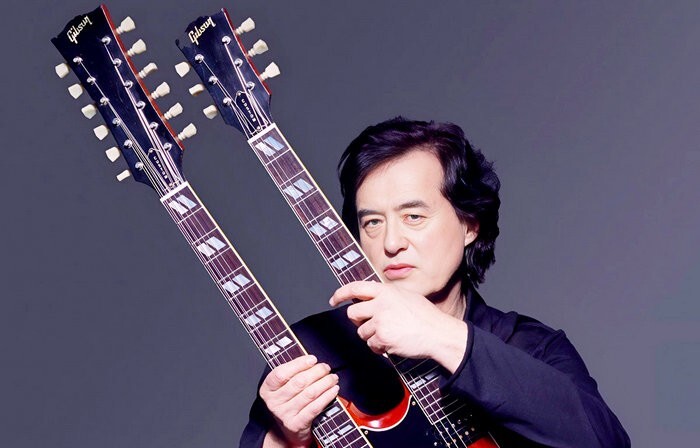
In July 1985, 3 members of LZ (Page, Plant and Jones) reformed the group (inviting Phil Collins (ex-Genesis) and Tony Thompson (ex-The Power Station and Chic) to participate on drums) to perform at the International Charity Festival "Live" Aid", organized by musicians Bob Geldof and Midge Ure to raise funds for victims of the 1984-85 famine. in Ethiopia. However, the musicians were not satisfied with the quality of the performance, and they were the only participants in the event who asked not to include a recording of their set in the anniversary DVD released in honor of the 20th anniversary of the concert. 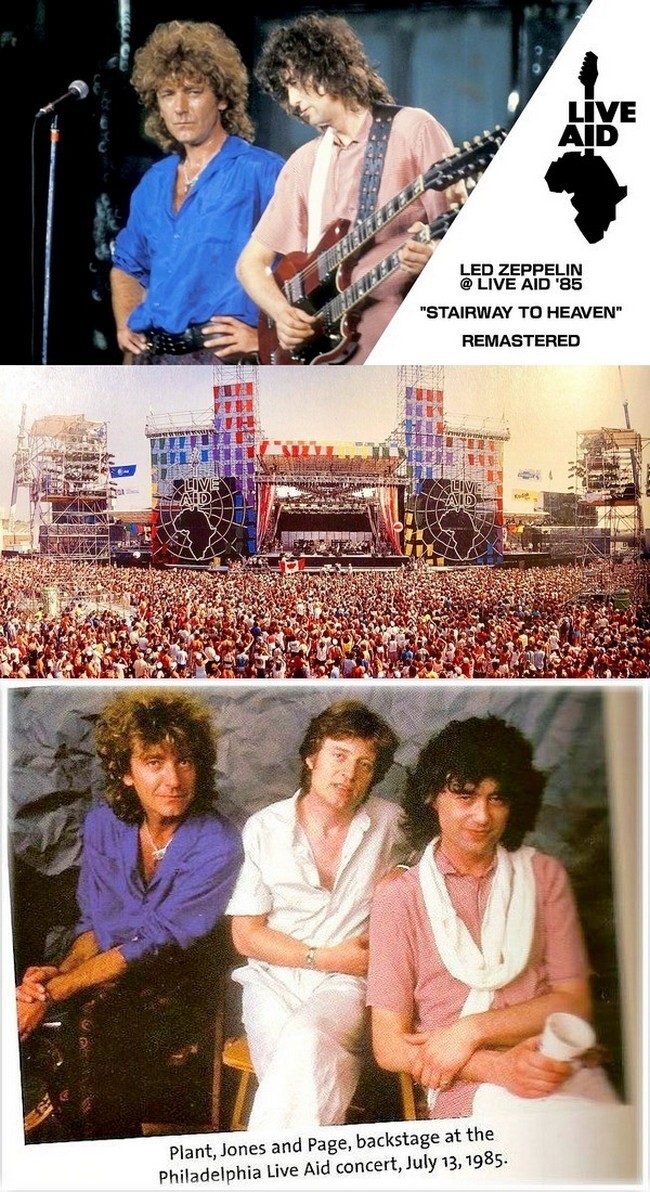
In 1986, along with former members of The Yardbirds, Page took part in the recording of the Box of Frogs album Strange Land.
2 years later, on May 14, 1988, LZ gathered again to perform at a concert dedicated to the 40th anniversary of the Atlantic Records label.
In 1990, Page and Plant performed at a charity concert in support of the British Center for Music Therapy. Nordoff and Robbins/Nordoff-Robbins Music Therapy Center, performing “Misty Mountain Hop,” “Wearing and Tearing,” and “Rock and Roll.” 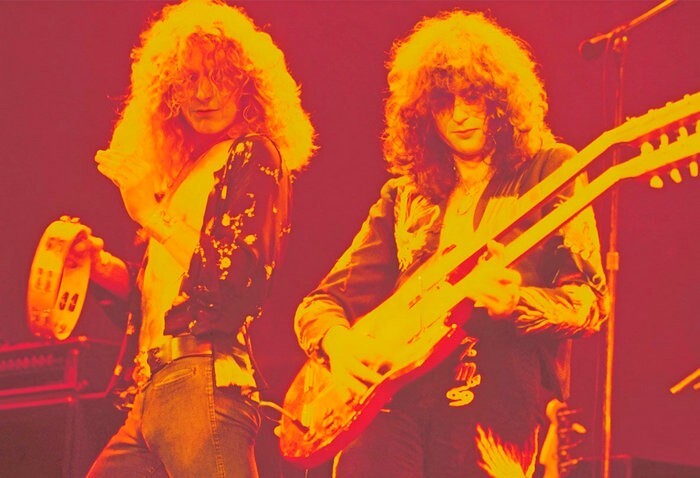
Robert Plant and Jimmy Page
In 1993, Page and Deep Purple and Whitesnake vocalist David Coverdale recorded a joint disc (p.Coverdale-Page project), which caused a sensation and great expectations all over the world, but plans for a world tour were realized only in a modest one-week tour of Japan in December of the same year, after which the musicians' creative paths diverged. 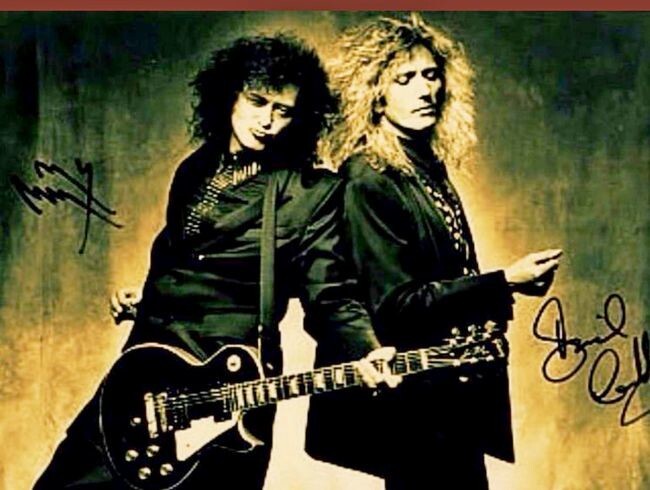
Jimmy Page and David Coverdale
In 1994, Page and Plant recorded MTV's "Unplugged": a 1.5-hour set entitled "Unledded", the premiere of which was rated "the greatest in MTV history". In October of the same year, the CD “No Quarter: Jimmy Page and Robert Plant Unledded” was released, and in 2004 the DVD “No Quarter Unledded” was released. After a successful tour in support of No Quarter, Page and Plant recorded the album Walking into Clarksdale (1998).
Beginning in 1990, Page actively remastered LZ's back catalogue, making occasional appearances in charity concerts, notably in support of the Children's Trust, a long-term savings or investment account for children in the United Kingdom founded by his wife Ximena. Gomez-Paratcha. 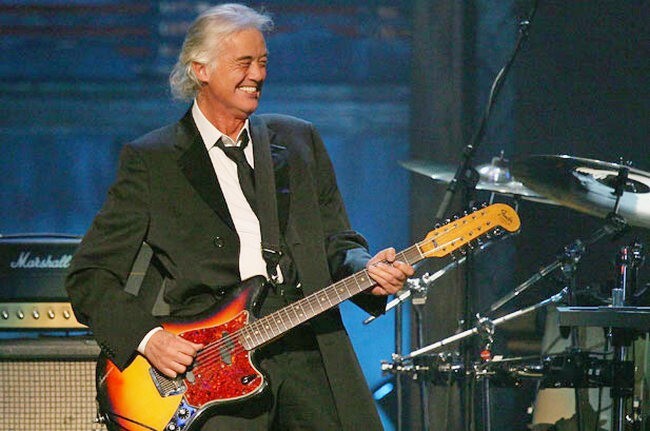
In 1998, the musician performed the guitar part in the track “Come with Me” by American rapper Puff Daddy (a sample of “Kashmir” from the album “Physical Graffiti” was also used here), which was later included in the soundtrack of the blockbuster “Godzilla” (dir. Roland Emmerich, 1998). Later, the musicians appeared with this song in the evening musical and humorous program on the American channel NBC “Saturday Night Live.”
In 1999, Page collaborated with The Black Crowes to record a live double album. In 2001, he performed a version of "Thank You" with members of Limp Bizkit and Puddle of Mudd at the MTV Europe Video Music Awards in Frankfurt. 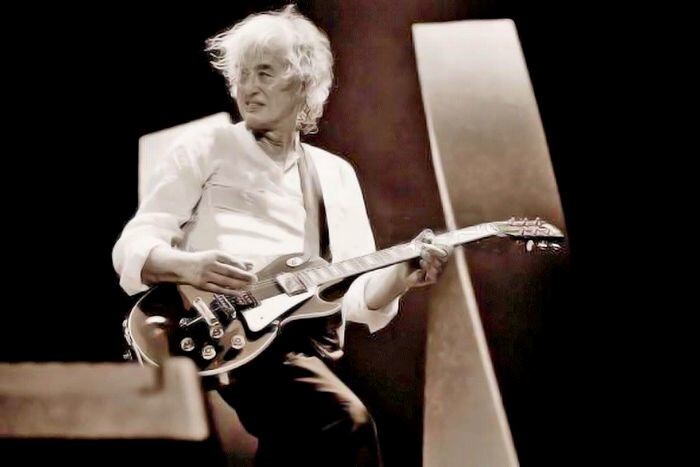
In November 2006, LZ were inducted into the UK Music Hall of Fame, during which Page gave a short acceptance speech broadcast on TV, after which the Australian band Wolfmother performed a tribute to "Communication Breakdown" (Led Zeppelin album ", 1969). 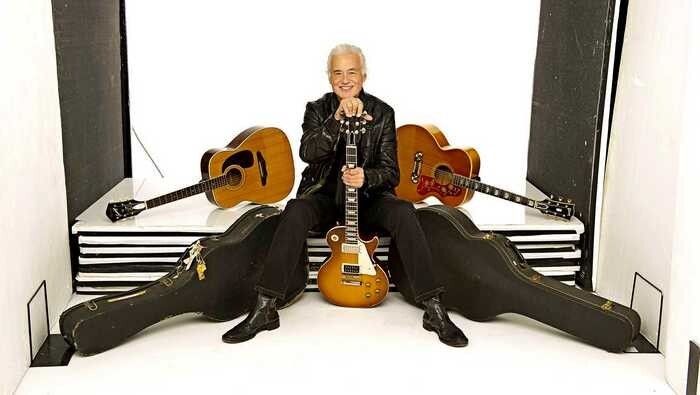
On December 10, 2007, members of LZ, together with the son of the band's drummer Jason Bonham, performed at London's O2 Arena: the concert received enthusiastic reviews and was the reason for numerous speculations about the revival of the group. 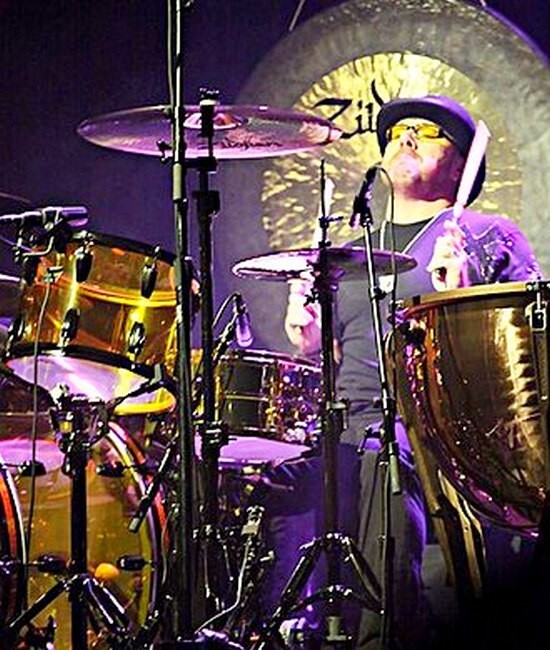
Jason Bonham
On 20 June 2008, Jimmy received an honorary doctorate from the University of Surrey (UniS) for services to the music industry. 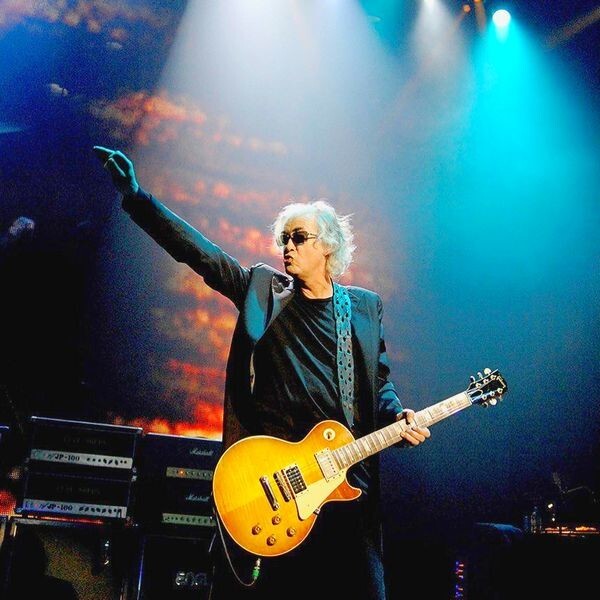
At the closing ceremony of the XXIX Summer Olympic Games 2008 in Beijing, Page, footballer David Beckham and singer Leona Lewis represented Great Britain: Beckham entered the stadium in a red double-decker, and Jimmy and Leona performed “Whole Lotta Love”. 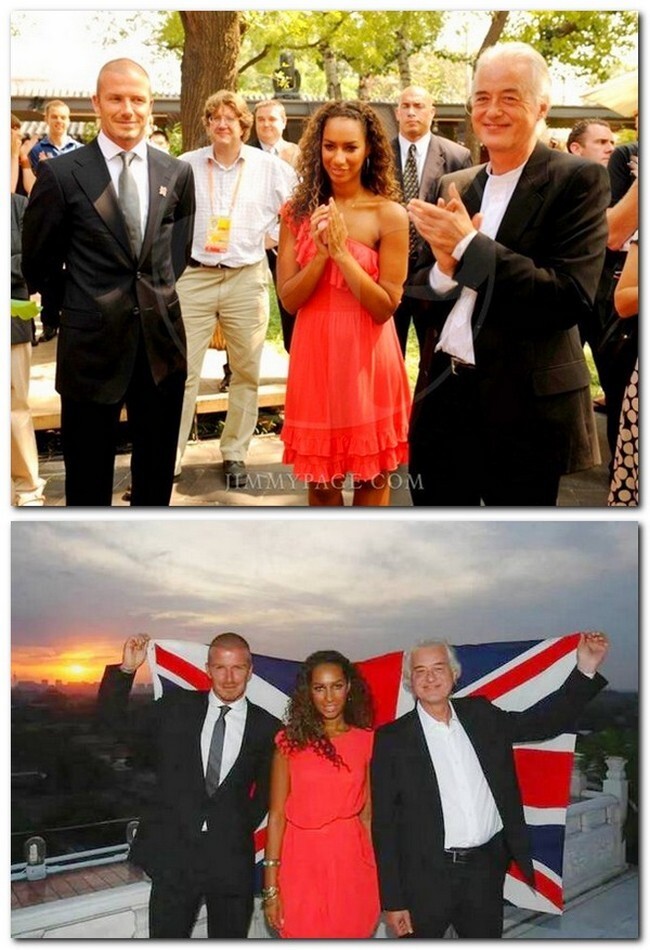
David Beckham, Leona Lewis and Jimmy Page at the closing ceremony of the 2008 Olympics
In 2014, Page actively began re-releasing LZ's discography. Remastered versions of Led Zeppelin I, II and III were released in June. At the end of October of the same year, the group's 4th and 5th albums were re-released: “IV” and “Houses of the Holy”. "Physical Graffiti" was released in February 2015, the others - "Presence", "In Through the Out Door" and "Coda" - at the end of May of the same year.
In 2018, in collaboration with Plant and Jones, the guitarist released LZ's official autobiography book, dedicated to the band's 50th anniversary. 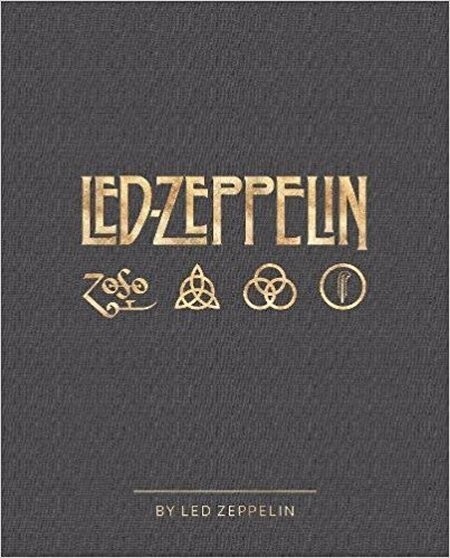
Today, Jimmy continues to work on remastering rare and unreleased recordings by LZ and The Yardbirds, and also takes an active part in a variety of musical and social events around the world. 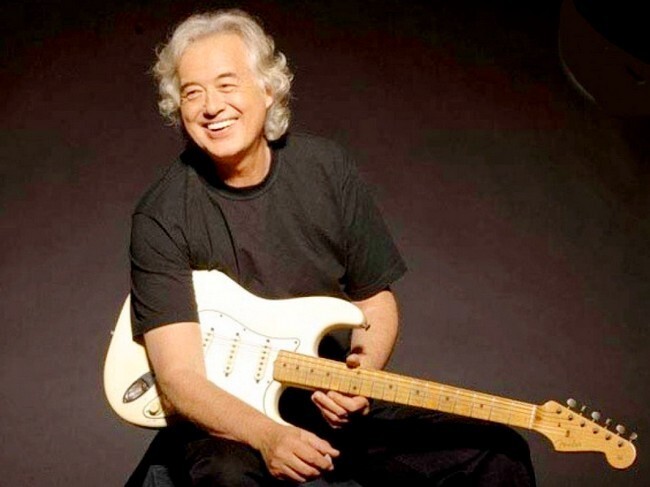
Page's personal life was no less vibrant than his musical career.
In 1970, at a concert at the Royal Albert Hall, where the musician celebrated his 26th birthday, he met the French model Charlotte Martin. The fruit of their love was their daughter Scarlet in 1971. True, then Martin left Page, convicting him of cheatinge. 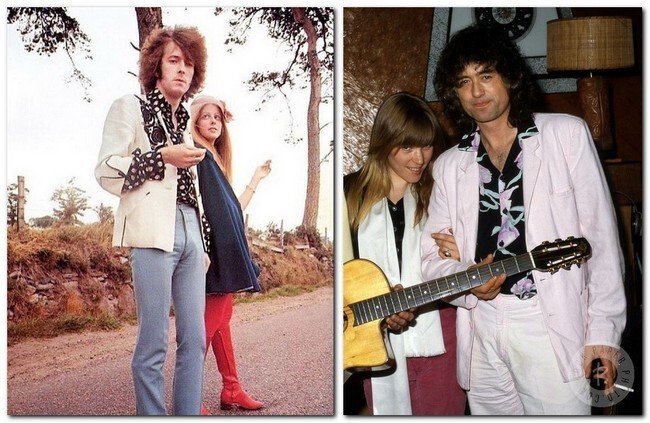
Jimmy Page and Charlotte Martin
The musician also had 2 official wives: with the 1st, American model Patricia Ecker, he lived for 10 years, they had a son, James Patrick Page III; The second wife, Ximena Gomez-Paratcha, “stayed” a little longer, for 13 years. The couple had 3 children. 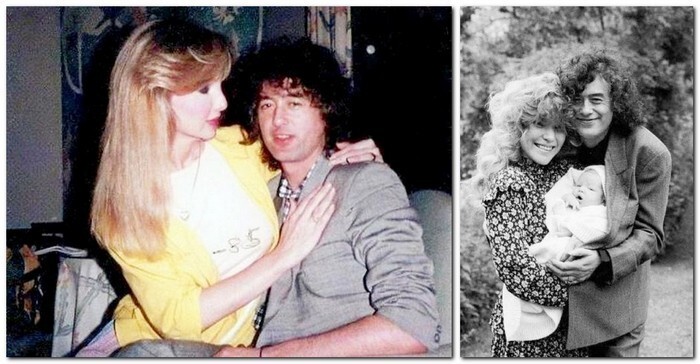
Jimmy Page and Patricia Ecker 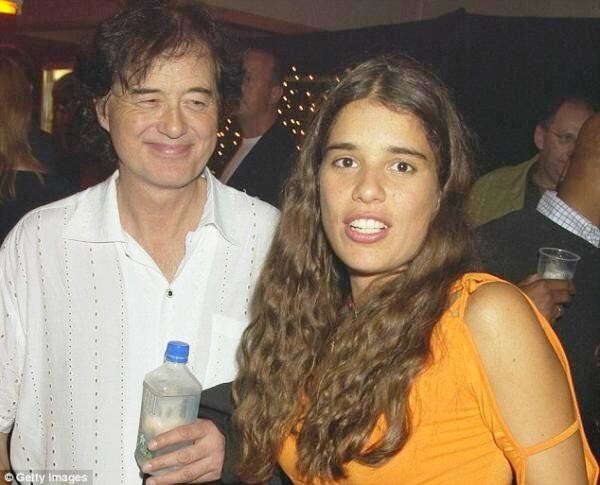
Jimmy Page and Jimena Gomez-Paracha
However, none of the marriages pacified the guitarist’s love of love.
There were also many rumors about Jimmy's numerous affairs. The most outrageous, according to the public, was his relationship with a girl named Laurie Maddox, who was only 14 years old at the time of her affair with the musician. According to rumors, before she met Jimmy, she was Bowie's girlfriend, but she preferred Page, who was twice her age. 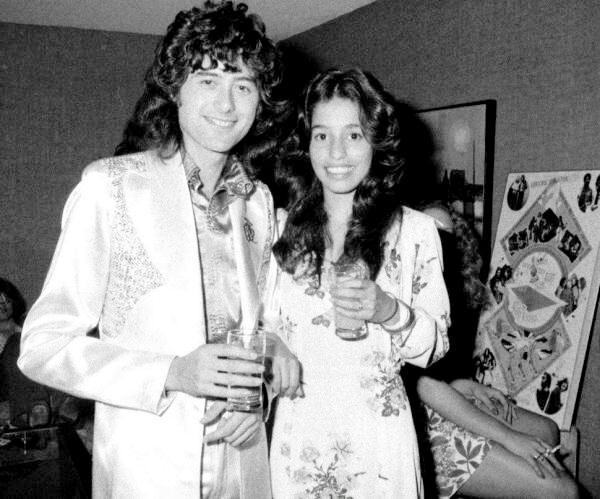
Jimmy Page and Laurie Maddox.
Another scandal erupted in 2015, when the 71-year-old musician announced an affair with the actress and poet of Iranian-French origin Scarlett Sabet, who was barely 25 years old. 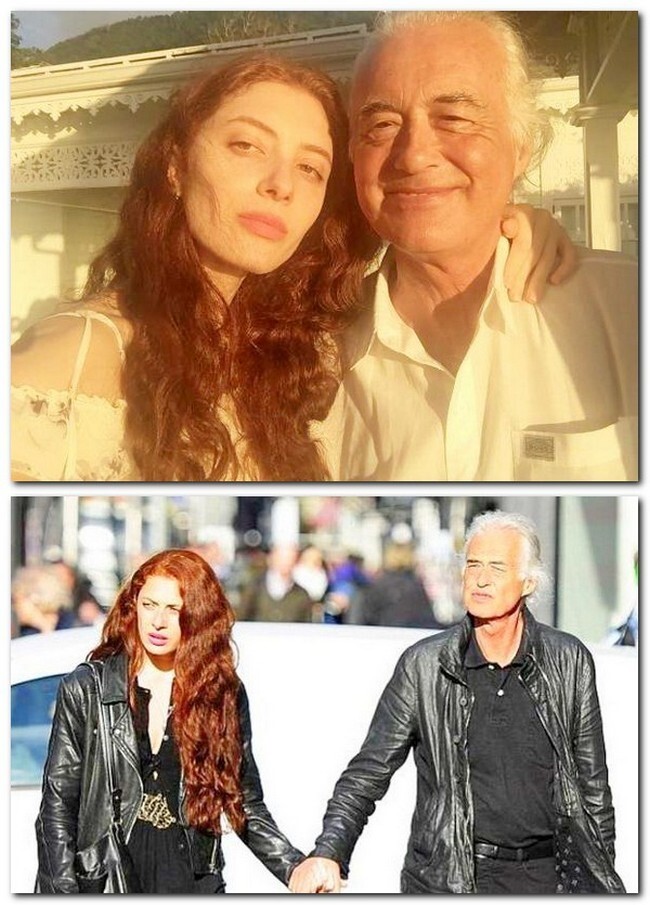
Scarlett Sabet and Jimmy Page
The guitarist's talent was passed on to his eldest daughter. Scarlett Page is a talented and widely recognized figure in the world of rock music (and, by the way, the wife of astronaut Tom Brown). True, she does not write music, does not sing or play instruments. Scarlet is a photographer, and one of the most significant, key and famous in the rock industry. It's easier to say who DIDN'T end up in her lens - she's worked with countless rock legends. 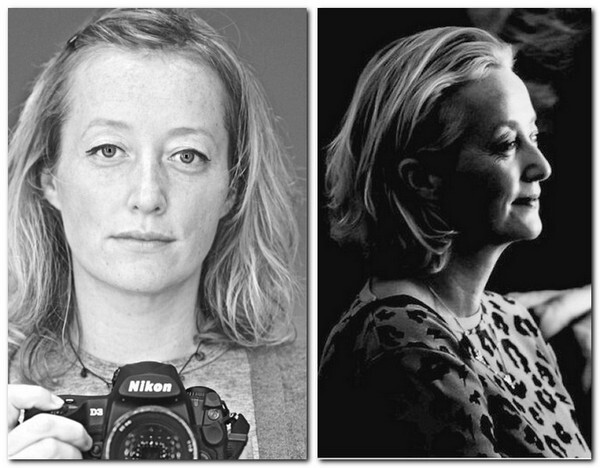
Scarlet Paige 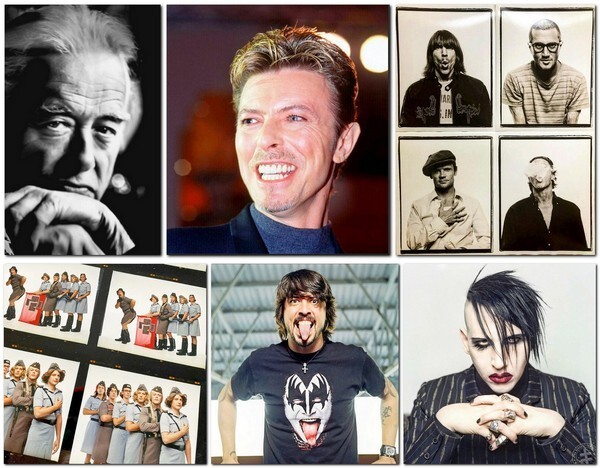
Photographs by Scarlet Page
Jimmy Page stood at the origins of LZ and remained the musical “brain” of the group until the very end. He is considered one of the most influential guitarists of all time. Rolling Stone magazine called Page "the pontiff of power riffs."
But many listeners note not only Jimmy’s incredible talent, but also his “unkempt” playing style. When discussing the topic of overvaluation of the guitarist’s creativity, they most often talk about his sloppy performance of almost all solo parts in LZ’s songs. On guitarist forums, users post videos of Page's unsuccessful live performances and always say that he barely tries. 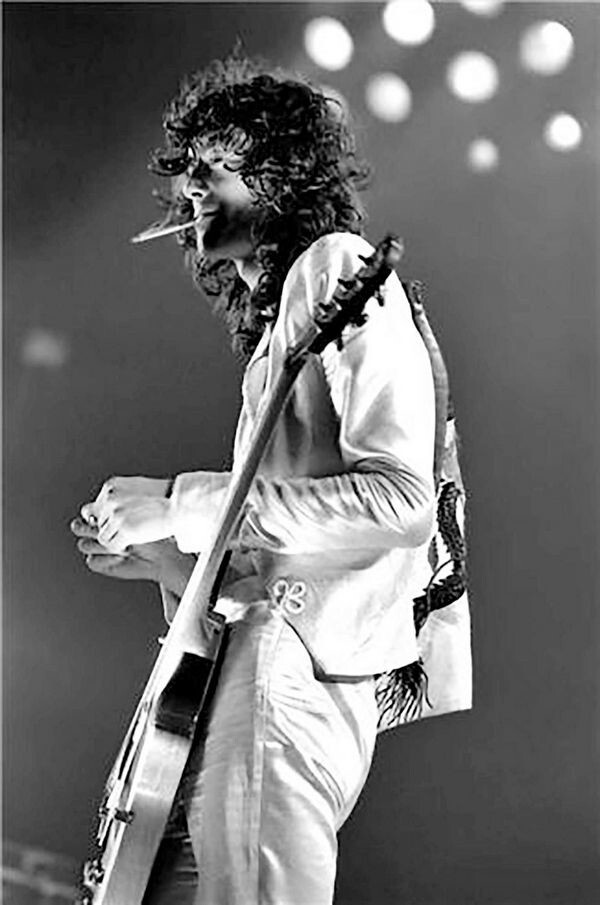
However, fans of the musician claim that Jimmy’s playing style is his “trick.” Users also repeatedly mention that at live performances the guitarist is not as composed as at studio recordings. The guitarist’s dependence on substances is also noted, which affected the accuracy of his playing.
While Page's technique may be questionable, many argue that it's less about the guitarist's skill and more about his charisma and self-confidence. Jimmy is confident that he is good, and therefore does not chase the approval of others and plays as his heart tells him. This argument is also quite common among admirers of LZ’s work.
Compared to current guitarists, Page may be considered outdated or lacking in professionalism, but let's not forget how many musicians he influenced. And on the basis of his playing, modern performers created their own style - cleaner and more individual. 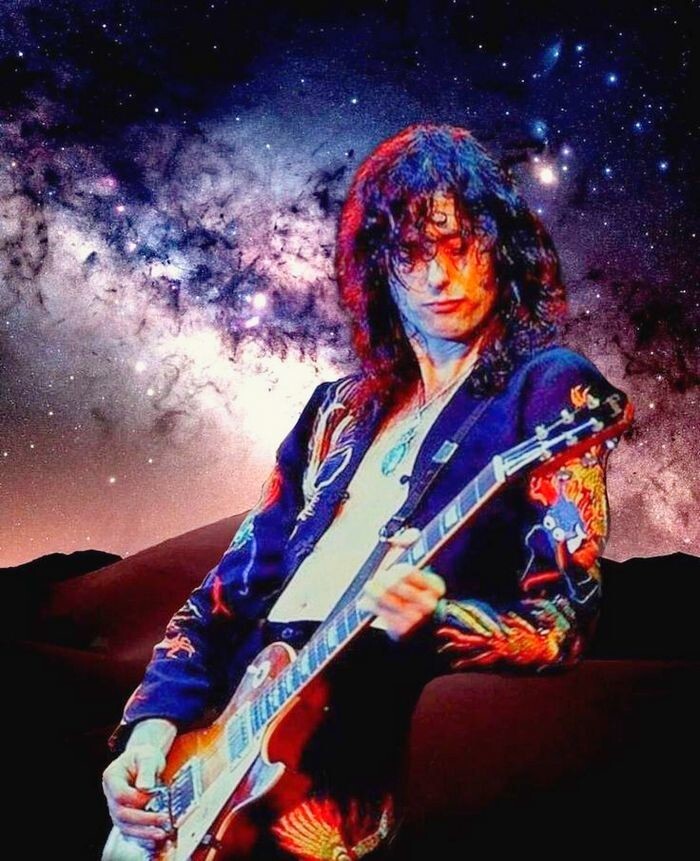
Ritchie Blackmore, who started at the same time as Page, considers him a direct guitarist. In 1962, Ritchie saw him play for the first time. According to the musician, even then the thought came to him about the great future that awaited Jimmy. Blackmore was captivated by the inspiration and confidence with which his colleague played.
KISS vocalist Paul Stanley admits that for him Page is not just a guitarist, but also a talented arranger who has practically no equal. According to him, from the impression of Jimmy’s playing, he realized that he was incomparable, and even a comparison with Clapton makes no sense: Page is definitely better.
Guns'n'Roses guitarist Slash also noted the guitarist's influence on his work. He said that until he heard Page play, it never occurred to him to become a musician. However, after the 2nd LZ recording hebegan his journey into the world of music.
Eddie Van Halen also admitted that Jimmy was an influence on him. Thanks to the same carelessness for which Page is most often criticized, the Van Halen guitarist was able to create his own style of playing, in which he allowed more freedom than when he began learning the basics of guitar craftsmanship.
Queen guitarist Brian May also expressed special appreciation for Jimmy's talent. The musician noted that he always looked up to Page, although he was not much older. May called him the pioneer and main driving force of hard rock. 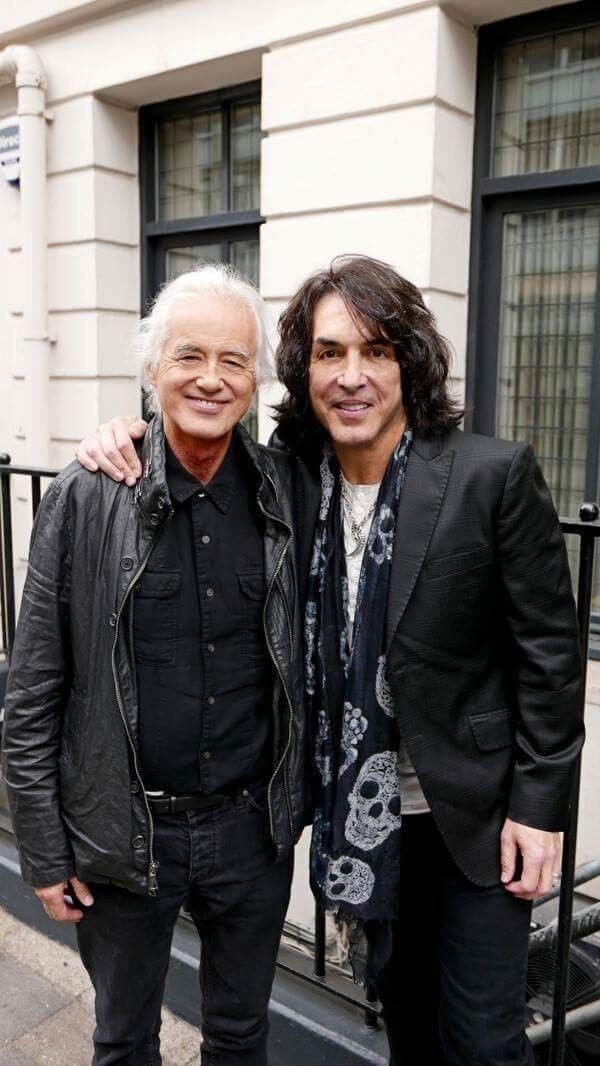
Jimmy Page and Paul Stanley 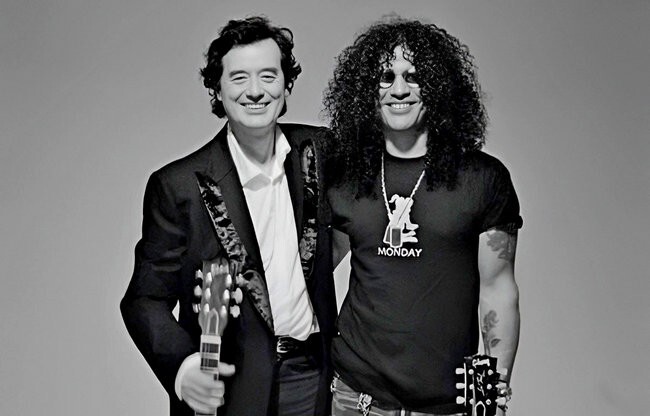
Jimmy Page and Slash 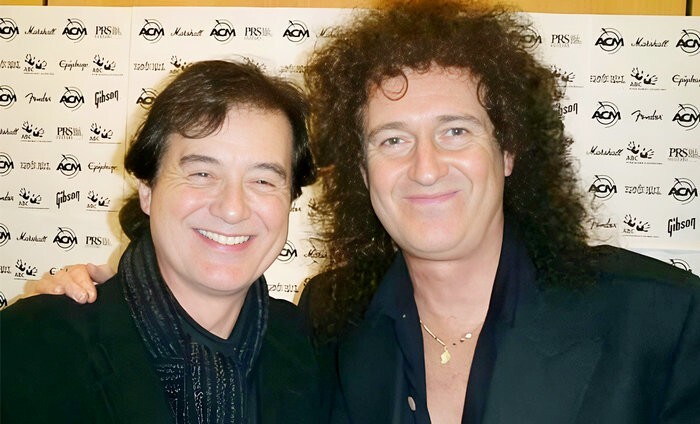
Jimmy Page and Brian May
Awards and titles:
Page was inducted into the Rock and Roll Hall of Fame twice, both as a member of the Yardbirds (1992) and as a member of LZ (1995).
In 2003, Rolling Stone magazine included Jimmy in its list of the 100 greatest guitarists of all time, placing him at number 9. In 2011, the magazine included him on the list again, this time in 3rd place, behind only Hendrix and Clapton.
In 2005, the guitarist was awarded the Order of the British Empire/ The Most Excellent Order of the British Empire - an order of chivalry established by King George V on June 4, 1917 (in recognition of his charitable work in Brazil), and also became an honorary citizen of Rio de -Janeiro. That same year, he received a Grammy Award from the National Academy of Recording Arts and Sciences (NARAS).
In 2007, Page received the “Living Legend Award” from the Classic Rock Awards. He was also ranked #4 on Classic Rock magazine's "100 Greatest Guitar Heroes" list.
According to a 2008 poll conducted among music experts by the American radio station Chop Shop, Page was named "the greatest guitarist of all time."
In 2009, the musician was included in the list of the greatest guitarists of all time by the British magazine Classic Rock.
In 2010, he was ranked #2 on Gibson's list of the 50 Greatest Guitarists of All Time.
In 2013, Page and Jones were awarded the ECHO Music Award for Achievement in Music. 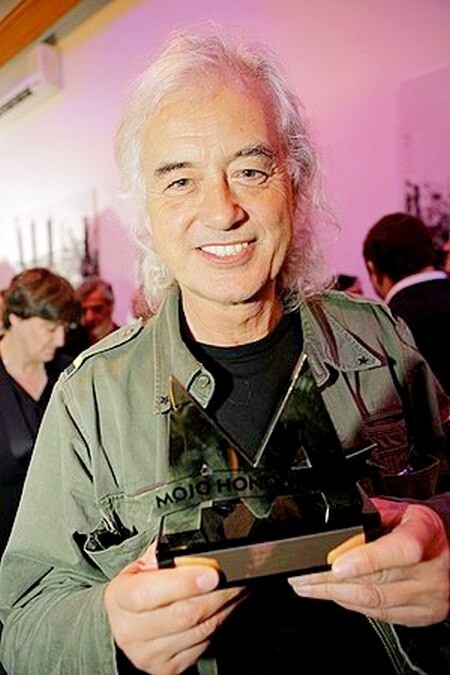
Discography of D. Page:
The Yardbirds: "Having a Rave Up" (1965), "Little Games" (1967). 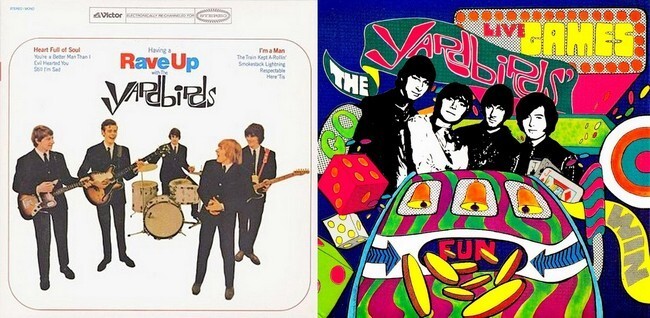
LZ: "Led Zeppelin" (1969), "Led Zeppelin II" (1969), "Led Zeppelin III" (1970), "Led Zeppelin IV" (1971), "Houses of the Holy" (1973), "Physical Graffiti" "(1975), "Presence" (1976), "In Through the Out Door" (1979), "Coda" (1982). 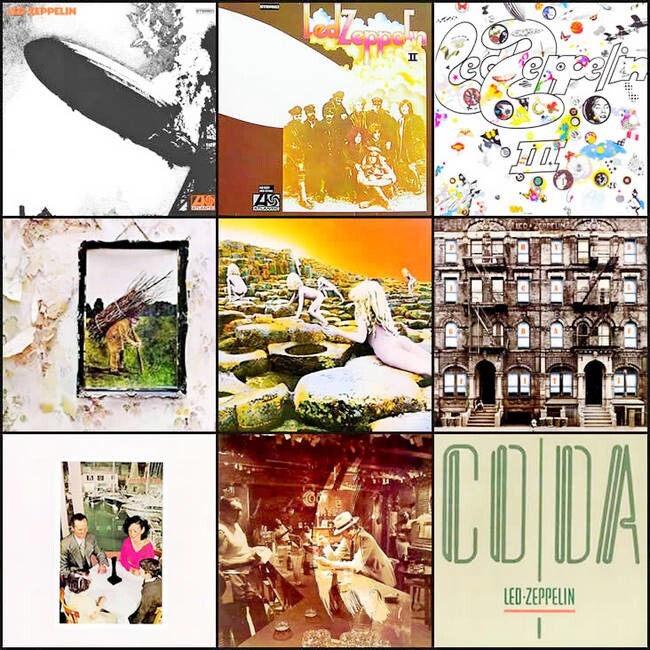
The Firm: "The Firm" (1985), "Mean Business" (1986). 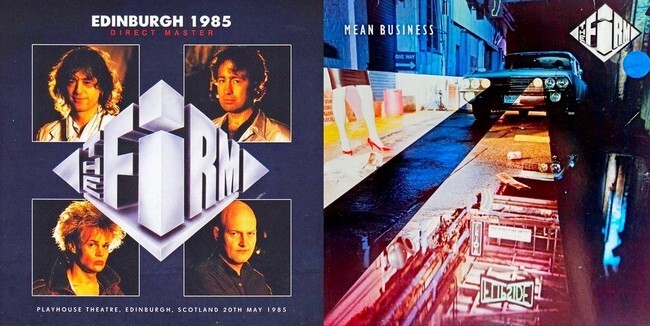
Jimmy Page & The Black Crowes: "Excess All Areas Wantagh" (1999).
Studio albums: “Whatever Happened to Jugula?” (1985), "Outrider" (1988), "Coverdale•Page" (1993), "Walking into Clarksdale" (1998).
Live albums: “No Quarter” (1994), “Live at the Greek” (2000).
Soundtracks: “Death Wish II” (1982), “Lucifer Rising and Other Sound Tracks” (2012). 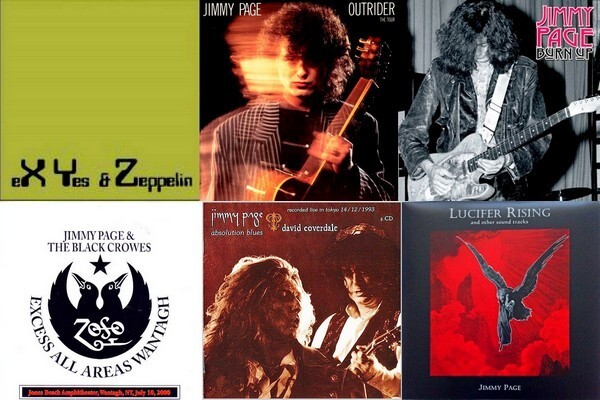
Filmography:
“The Song Remains The Same” (1976), “Get Ready, It Might Get Loud” (2009). 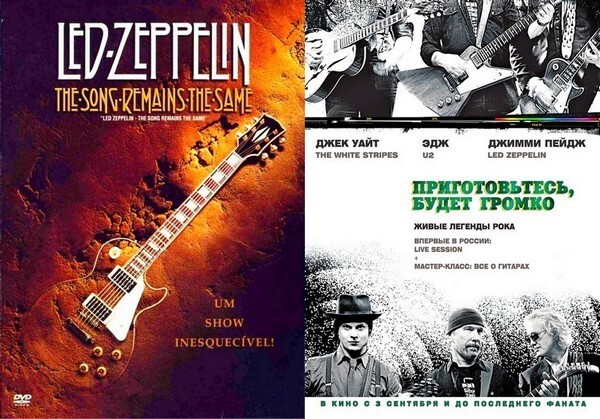
Led Zeppelin - Heartbreaker (Live)
Jimmy Page, Young Age
The Yardbirds - Stroll On
Led Zeppelin - Whole Lotta Love (Official Music Video)
Rock and Roll Live Video (Madison Square Garden 1973) Original Records
Led Zeppelin - FULL Heartbreaker - Madison Square Garden 1973
Led Zeppelin - Gallows Pole (Official Audio)
Led Zeppelin - Dazed and Confused (London 1969 Live Good Quality)
Jimmy Page Guitar Solo Violin Bow
XIII - L´Hermite
jimmy page's best solo
Kashmir (Live at the O2 Arena 1975)
It Might Get Loud Three Rock Legends (Jimmy Page, Jack White, The Edge)
Stairway to Heaven Live
